Over 3.2 million electric cars were sold in 2020 despite market slowdown due to Covid, a significant increase over the 2.26 million units sold in 2019. Europe took the lead in new EV registrations last year, largely due to strict emission rules that have forced car makers to take urgent actions. China and the USA continue to play a key role in new EV registrations as well. There are over 1 million charging stations around the world, and the cost of charging an EV ranges between $0.06 – $0.8 per kWh in regions like North America.
Tesla sold nearly 500,000 cars in 2020 marking their most successful year in history, and ultimately driving their stock prices ‘to the moon’.
There are over 500 electric car models in the world at the moment, most of them are made in China where a war is brewing among new and old car makers as they try to outpace each other in EV sales. There are two major types of electric cars, Battery Electric Vehicles (BEVs) and Plug-in Hybrid Vehicles (PHEVs). BEVs are pure electric cars charged from an external point, examples include Tesla cars, VW ID.3, Audi e-tron, Mercedes EQC, Xpeng cars from China and more. PHEVs combine an electric motor and a combustion engine to reduce emissions, they can be charged externally while the ICE gets fueled normally. They include cars like the VW Golf GTE, BMW 330e, Toyota Prius and more.
But while the west is experiencing a major shift in the automotive industry, one region is yet to face this new dawn – Africa. The continent relies heavily on imported cars with little manufacturing taking place from within. Heavy taxes on cars mean a large number of people opt for used cars, there are no formal tax credit plans for those who buy BEVs or PHEVs. This means the idea of an electric car in most African countries is still very much a hobby or a corporate decision.
Those who brave the idea of owning a pure electric car within Africa will be venturing into the unknown, a car buying decision that begins as a fact finding mission trying to separate myths from reality.
But is it doable?
We visited one man in Nairobi, Kenya who recently became a Tesla owner, the first known in East and Central Africa. Jayesh Patel has been driving fast JDMs for a better part of his life, his last daily driver was a Mitsubishi Evolution X. The jump to a Tesla Model X was motivated by his mzee (father) who he describes as a pioneer with a keen interest in trying out new things before everyone else. Jayesh was able to give us some valuable insight on what it takes to be a Tesla owner in Kenya.
While this case study is from Kenya, most African countries have not recorded any convincing demand for electric cars. The ordinary citizen still relies on petrol or diesel cars. In reality though, most people would love to escape the high cost of fuel through electric cars. Tax credit and proper infrastructure would be the leading motivators for this cause.
Tesla Model X 75D Specs
| Battery Capacity | 75.0 kWh |
|---|---|
| Electric Range | 400km~ |
| Acceleration 0 - 100 km/h | 5.2s (manufacturer given, feels way faster than this!) |
| Top Speed | 210 km/h |
| Power Output | 245 kW (333hp) |
| Torque | 525nm |
| Drive | AWD |
Interview with a Tesla Owner in Nairobi, Kenya: Model X 75D
Question: Where do you charge your car from? Are there any charging stations in Nairobi?
Answer: I charge it at home using a single phase or 3 phase connection. I only know of one charging station in the city center but i have never used it.
Question: How long does it take to charge?
Answer: About 12-14 hours through the single phase connection. And 3-4 hours using the quicker 3 phase connection.
Question: How long does the charge last?
Answer: A full charge will last about 400km.
Question: Do you have a quick charging option?
Answer: The 3 phase connection is our fastest charging option, taking 3-4 hours from 0-100%. We had to buy 2 wall chargers for this connection, each located in our private convenience spots. The Supercharger option is not available locally, a quick search revealed that it would cost us about $150,000 to have one installed.
Question: Running Costs. How much do you spend on electricity when compared to an SUV owner running on gasoline? Have you done any cost comparison tests with your former petrol/diesel car?
Answer: The cost savings are quite noticeable. It costs us about KES 1,000 ($9) for a full charge which may last up to 2 weeks under our current driving style. In comparison, an SUV owner will use between KES 5,000-7,000 ($45-$63) for a full tank of fuel.
Question: Maintenance costs. Who does your service?
Answer: So far so good, we have no maintenance costs. We only had to change into a new set of tires and brakes. It’s like a phone, what do you have to service other than charge it on a regular basis? Perhaps the only other thing we have to consider as “service”, is the HEPA filtration system – Tesla’s air conditioning system which filters out pollen, bacteria etc. We have to order the filters from the UK.
Question: Has KPLC (local power supply company) given you special equipment or special power adjustment to support your charging needs? Any special modifications?
Answer: No special modifications at all, the standard single phase does the job just fine. A 3 phase connection makes the job even easier if your property is equipped with one.
Question: How do you survive power outages in Nairobi?
Answer: The same way one survives a power outage with a phone. You just have to be prepared by not allowing the car to be on empty charge. In any case, power outages will last only a couple of hours. In extreme cases, a generator may save your day.
Question: Do you carry any special charging equipment on a trip? What arrangements do you make when going on a long driving trip?
Answer: Planning is key. We have no formal charging network, the best way would be to call your hotel or destination in advance and have them make arrangements for your charging needs. Calculating stops using your actual electric range will help you make informed decisions.
Question: If you charge to 100% and leave the car unused, is the charge maintained or does it drain slowly?
Answer: Environmental conditions play a key role, Tesla quotes a lose of about 1-4 miles or 1-3% per day when left parked and unplugged. This is known as the vampire drain. Just like a phone, it depends on the settings you have, outside temperature and so on.
Question: Do you have autopilot, and do you use it?
Answer: Yes i do, but this feature is inactive in our region. Tesla has switched it off for various reasons, however if i was to drive the car in Europe then it would be active. Nonetheless, all other driving assistance and safety features remain active.
Question: Do you receive over the air updates?
Answer: No. This is also another feature that has been deactivated for this region. There is no manual override either.
Question: Do you get tax credit after importing an electric car, since it aligns with the global goal of lowering carbon emissions?
Answer: No we don’t unfortunately, in fact it’s viewed an an ultra rare luxury good and being the first one in the country did not help the situation either. Compared to other countries, the taxation of electric cars locally serves as a deterrent instead of an encouragement.
Question: What has been your experience as a new Tesla owner?
Answer: It’s like nothing i have driven before, the acceleration is out of this world. The driving assistance and warning systems are more advanced than any German car I have driven before it, it’s the closest thing to a robot car.
Question: For the sake of those who may want to import a Tesla in Kenya, what is the average tax amount? (Prices of the cars will depend on the seller, options, trim, year and so on)
Answer: For this particular trim (75D) the average tax is around KES 7,000,000 or $75,000~.
Question: CyberTruck. Seems like the perfect car for Africa, will you consider it after it’s launched?
Answer: I’m not sure to be honest. The car is quite huge for our roads and the daily usability may not be as convenient as that of a Model X, S, Y or 3.
Question: If you were to meet Elon Musk, what would you ask him to do for the African market in regard to Tesla ownership.
Answer: I would ask him to consider adding Kenya or East Africa to their market list, that way we will benefit from updates like every other Tesla owner. In terms of service there is nothing much to ask for, as i mentioned before the service is almost non existence. You can do it from your home, changing tires and so on.
Our Verdict
EVs have taken the industry by storm, and the expansion is only just beginning. While the idea of owning an EV in African countries or any other remote areas without manufacturer support seems daunting, we came to a conclusion that the transition is actually smooth and effortless. Charging stations don’t carry the same “weight” as gas stations. While it’s unreasonable (and unhealthy) to have a gas station at your house, it’s perfectly normal and economical to have a charging port or station at your house.
The cost savings especially in Africa are way bigger than those of an EV user in the west, largely because the cost of fuel in most African countries is way above a dollar. And that’s just fuel cost, maintenance cost of used cars imported into Africa is directly proportional to the large spare parts market in the region…not to mention most of these spare parts are second hard as brand new parts are heavily taxed and unaffordable to the majority.
The performance of the Model X 75D in topic puts to shame every other daily driver we could find on the streets. An all rounded car that will go grocery shopping, pick up the kids every school day and race on drag strips during weekends without ‘sweating’.
Perhaps the only thing that would ease the transition into EVs especially in Africa is tax credit. This Model X was taxed as a full optioned Range Rover, Land Cruiser 200 or Bentayga. All those have heavy C02 emissions, but that was neglected during registration. Largely because the tax agents were not well informed, and the government has no formal law on the taxation of zero emission cars even though Kenya is working towards Sustainable Development Goals – mind you, UNDP and UNEP are both located in Nairobi.
That said, we believe EVs have a more significant role in Africa than ICEs. Affordability of cars is still a “rich mans sport”, any useful option in a car is considered a luxury and is taxed accordingly. Options such as sunroofs, driving assistance systems, heated seats, leather seats, larger wheels etc – all these are heavily taxed. The ordinary citizen is thus left with the choice of a heavily used car that is several years old with safety systems depleted. So, instead of dumping banned diesel cars in Africa, EVs should be made available and affordable to all. The culture of “this looks too fancy, tax it double” should be a forgotten habit.

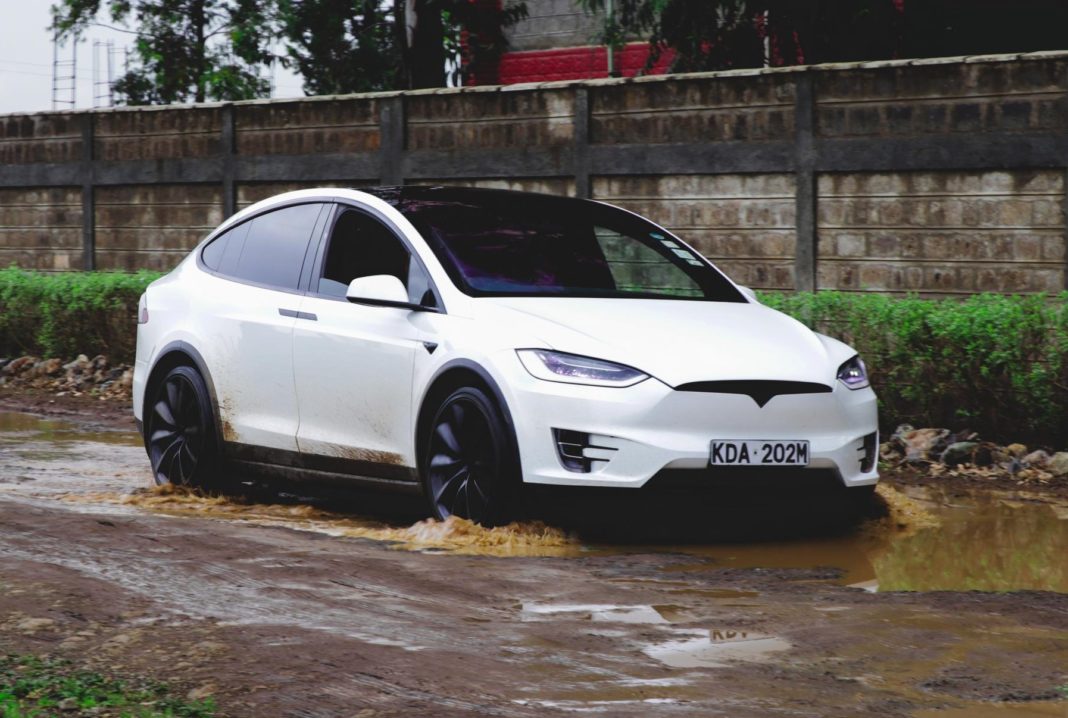
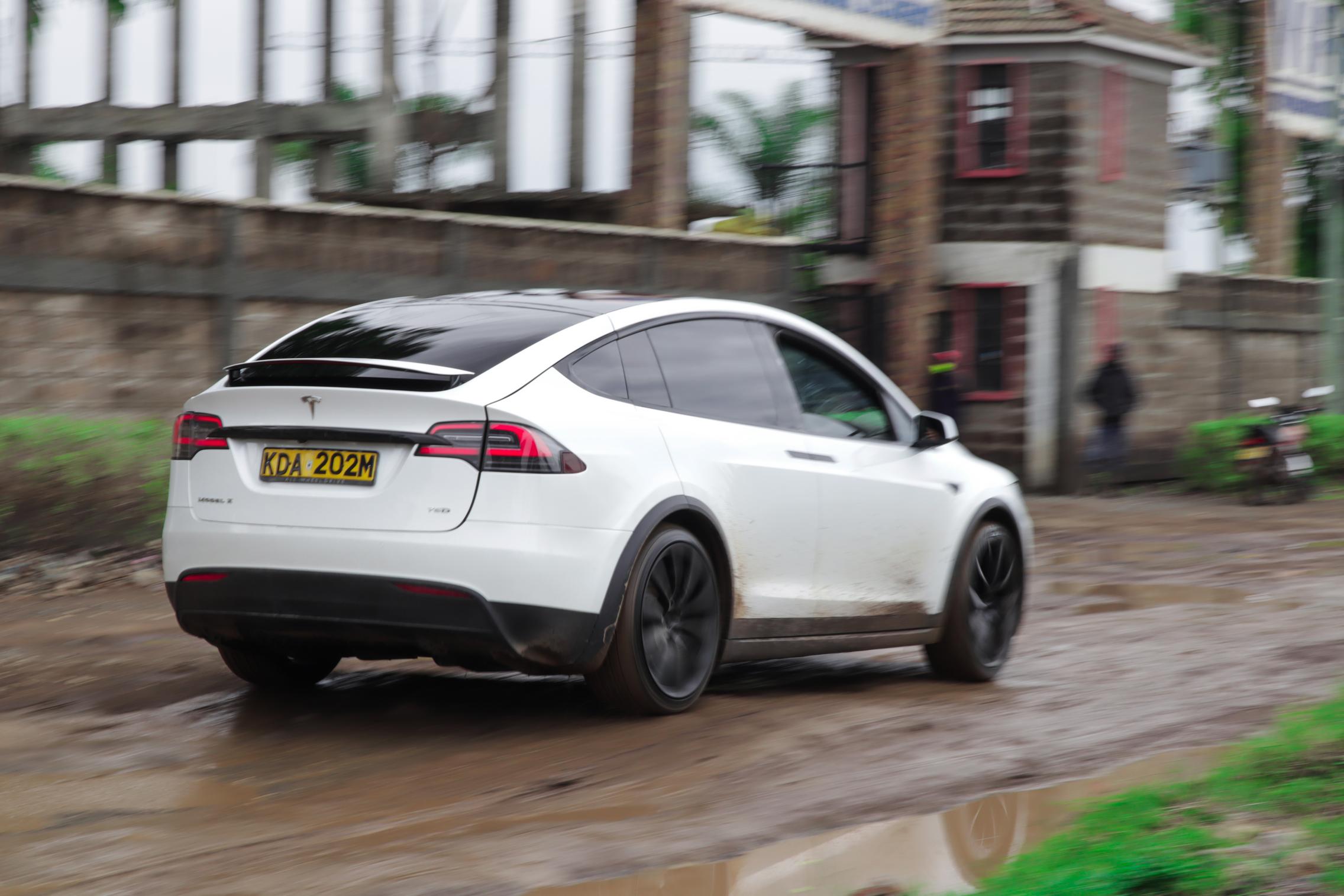
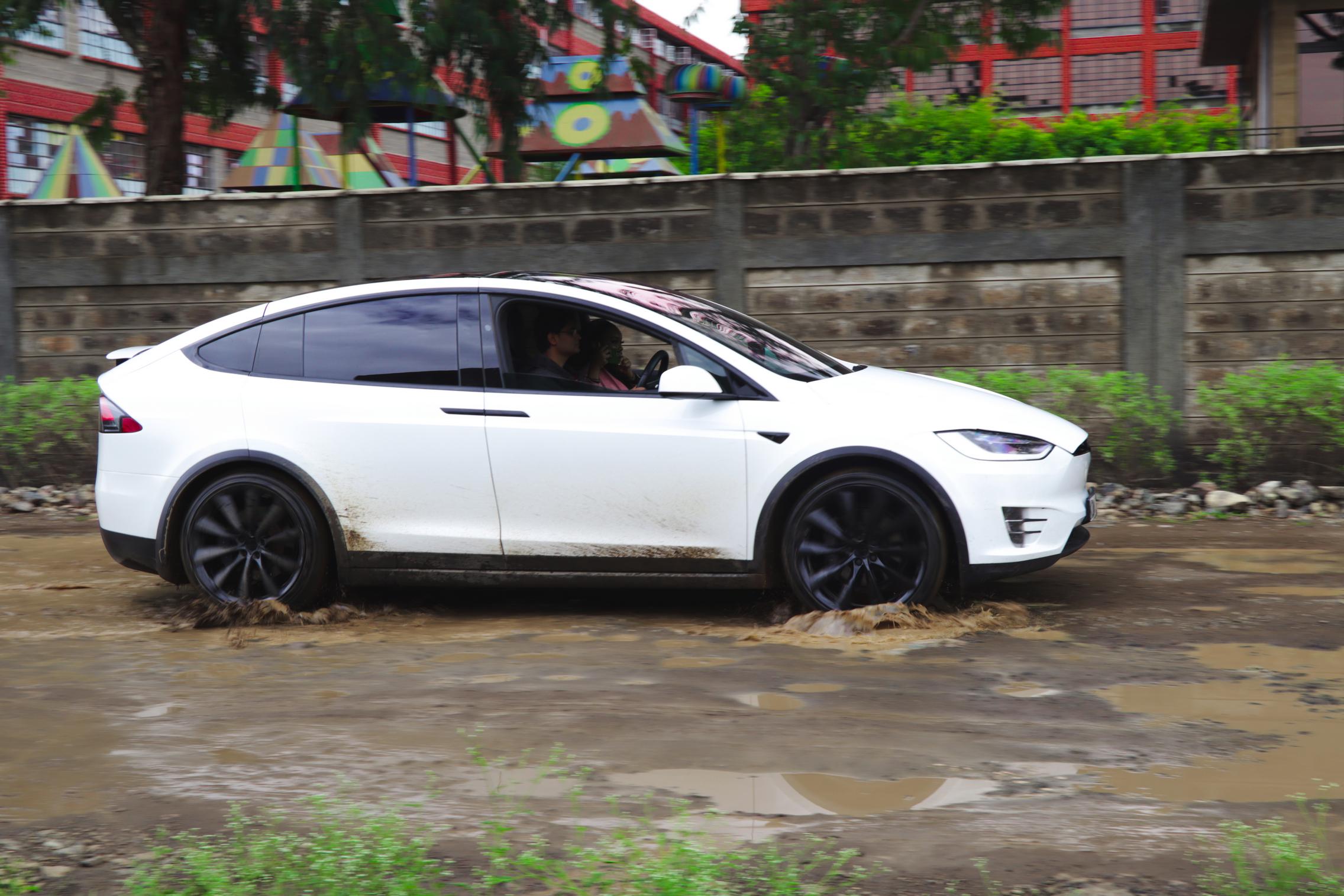

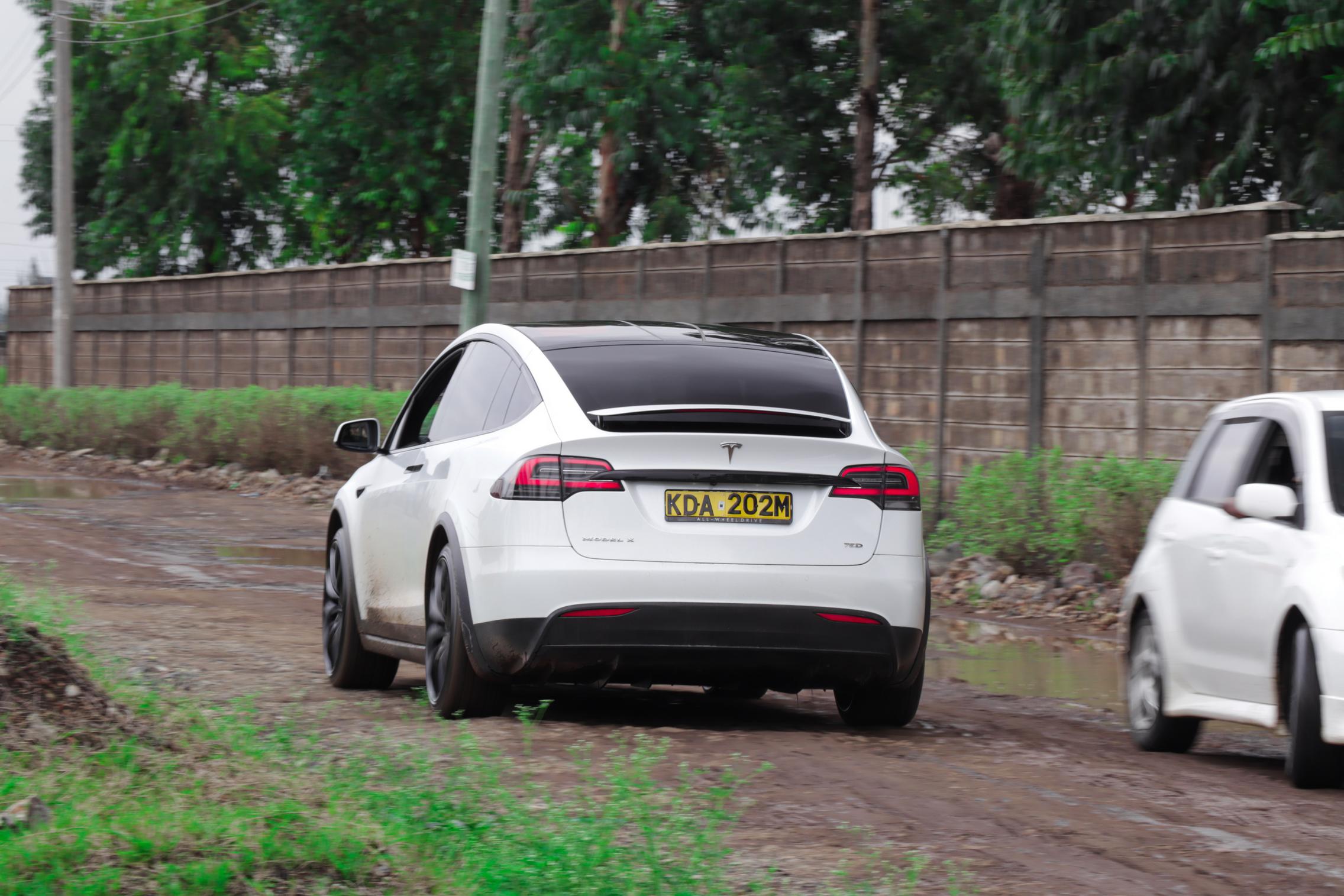
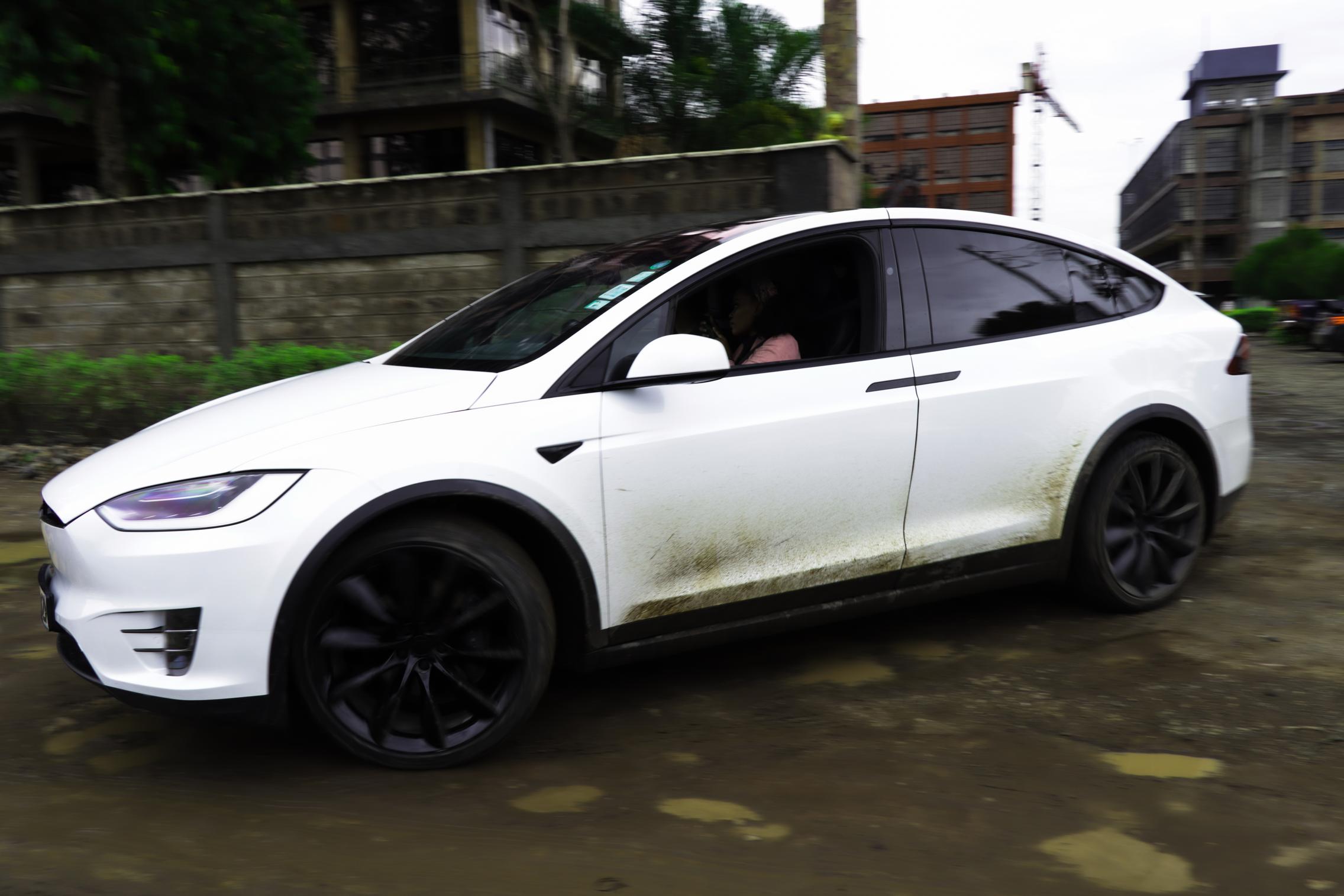
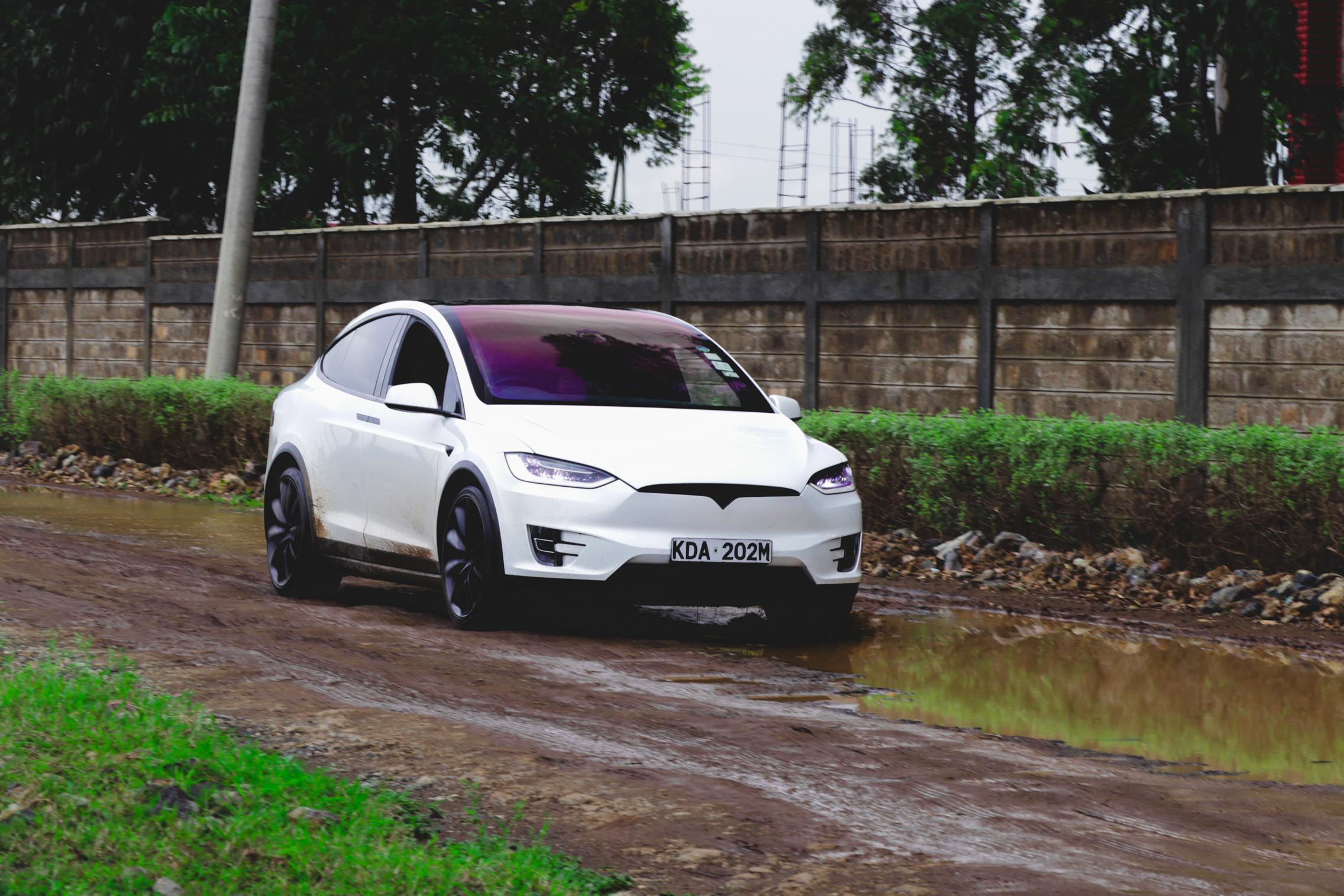
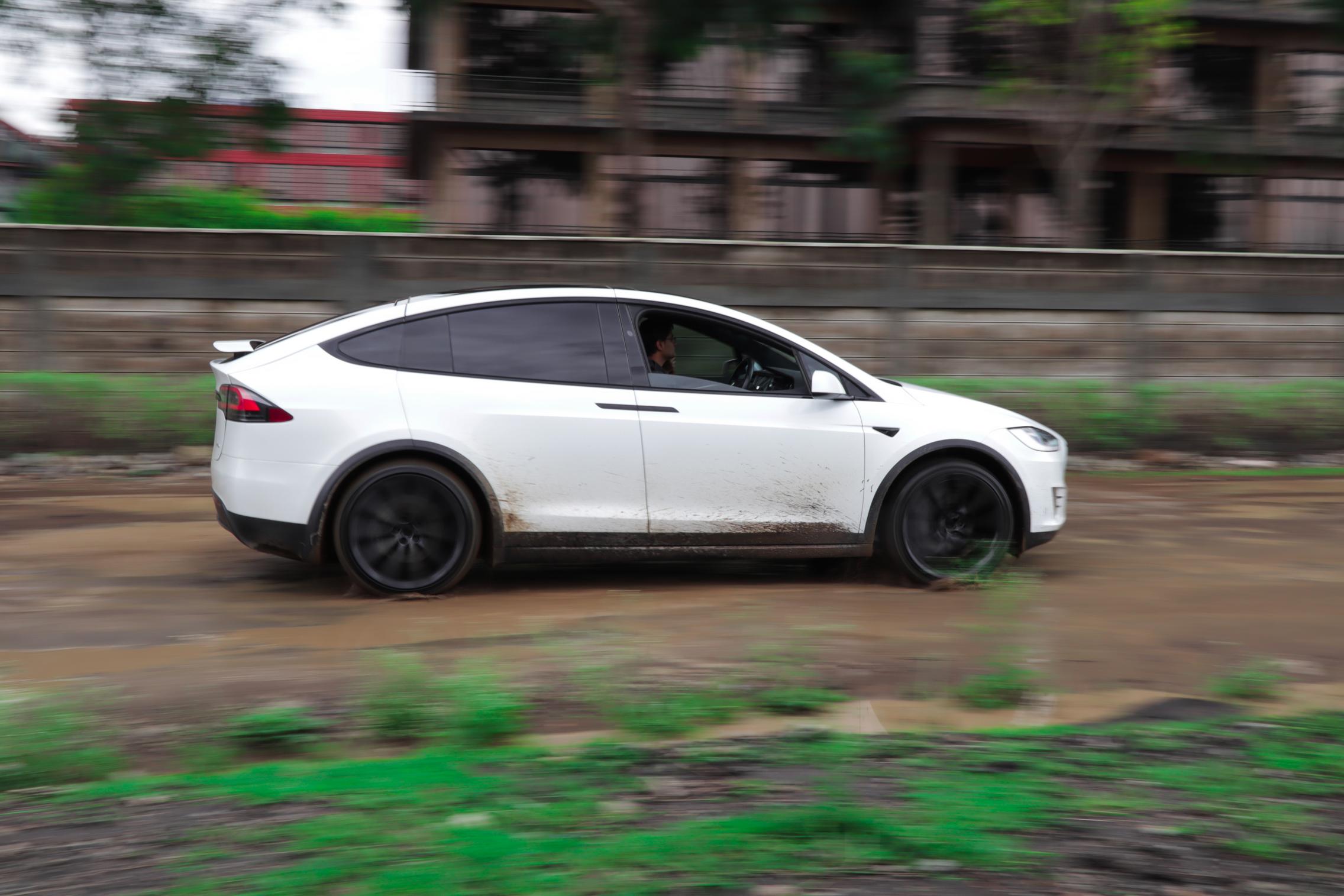
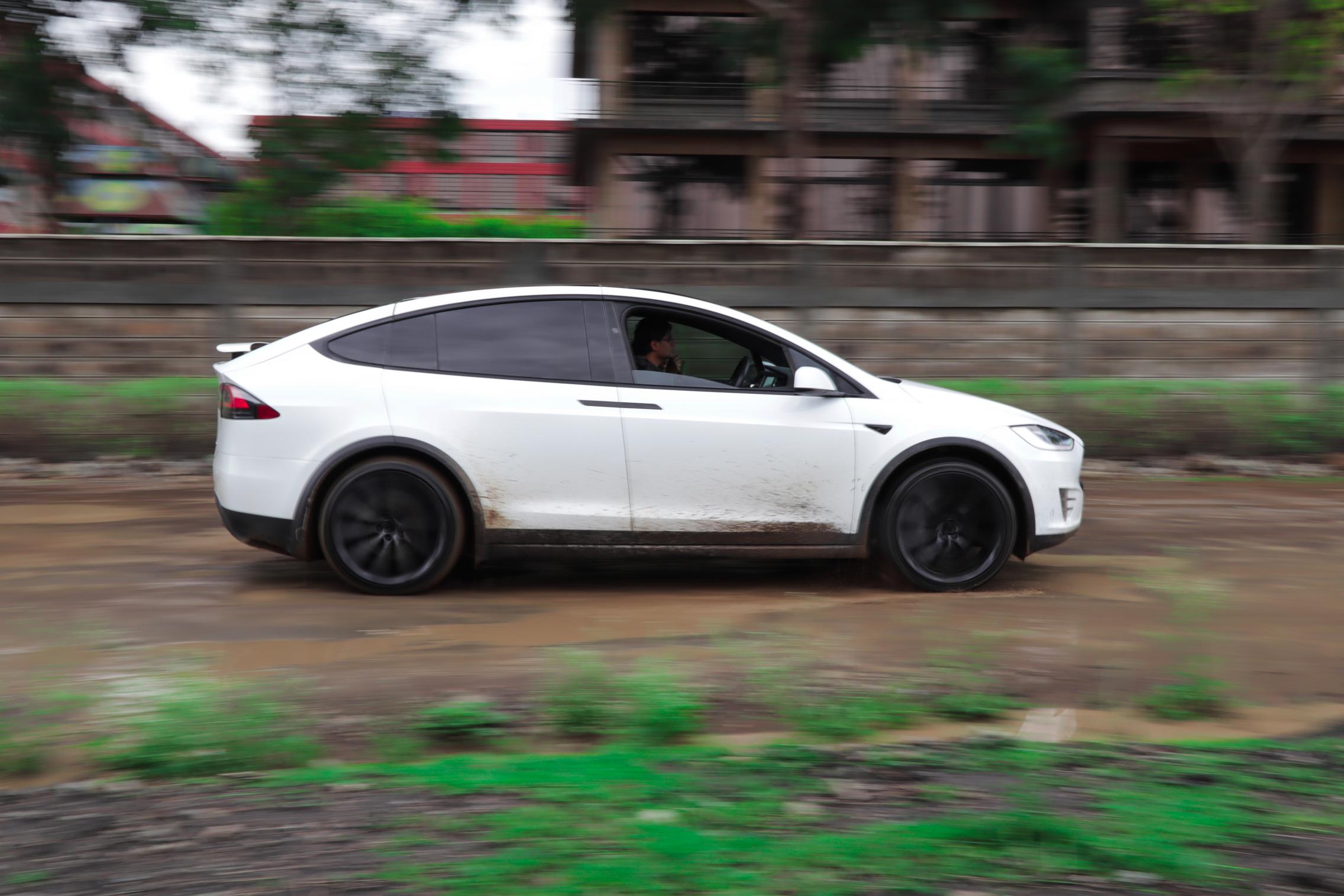
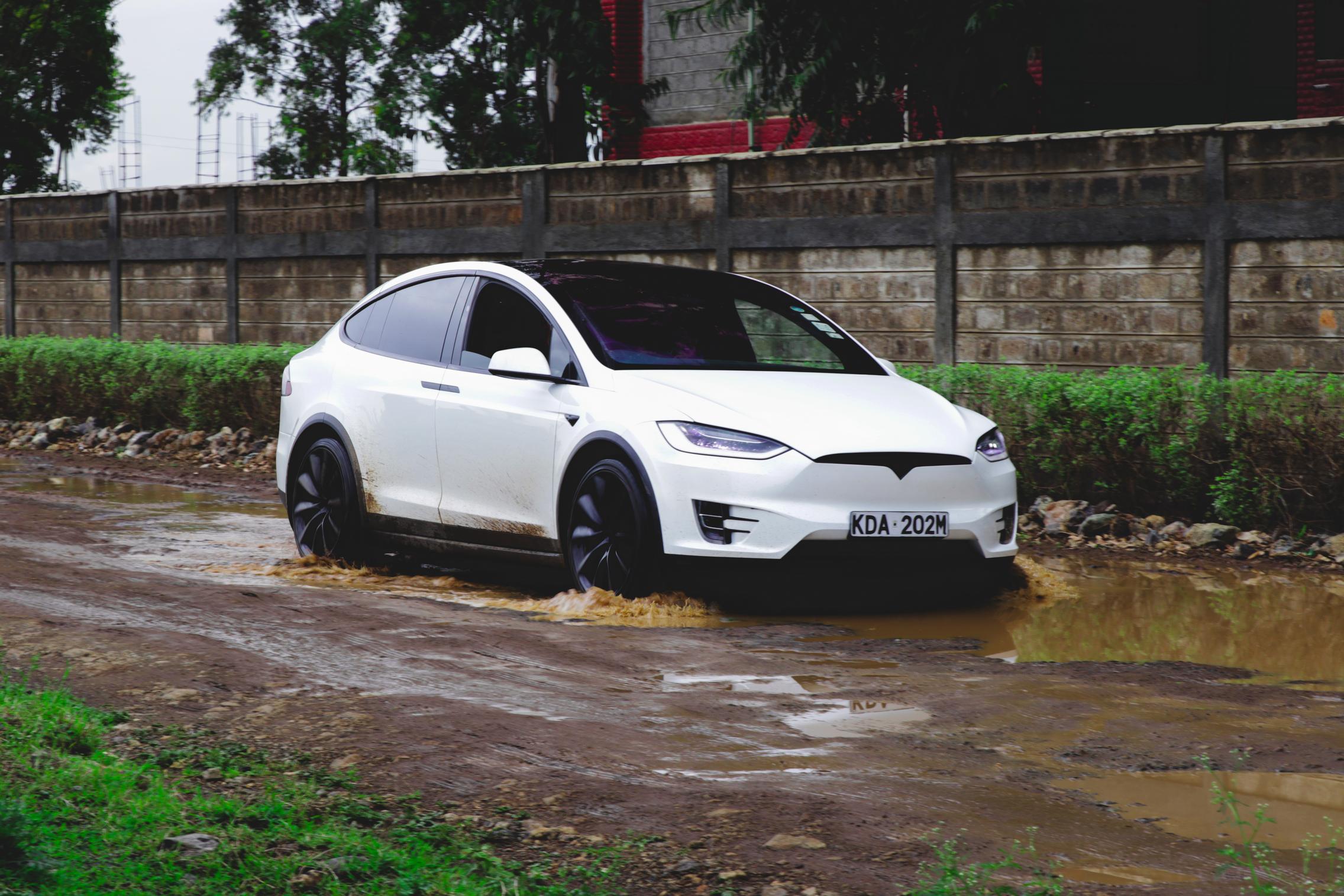
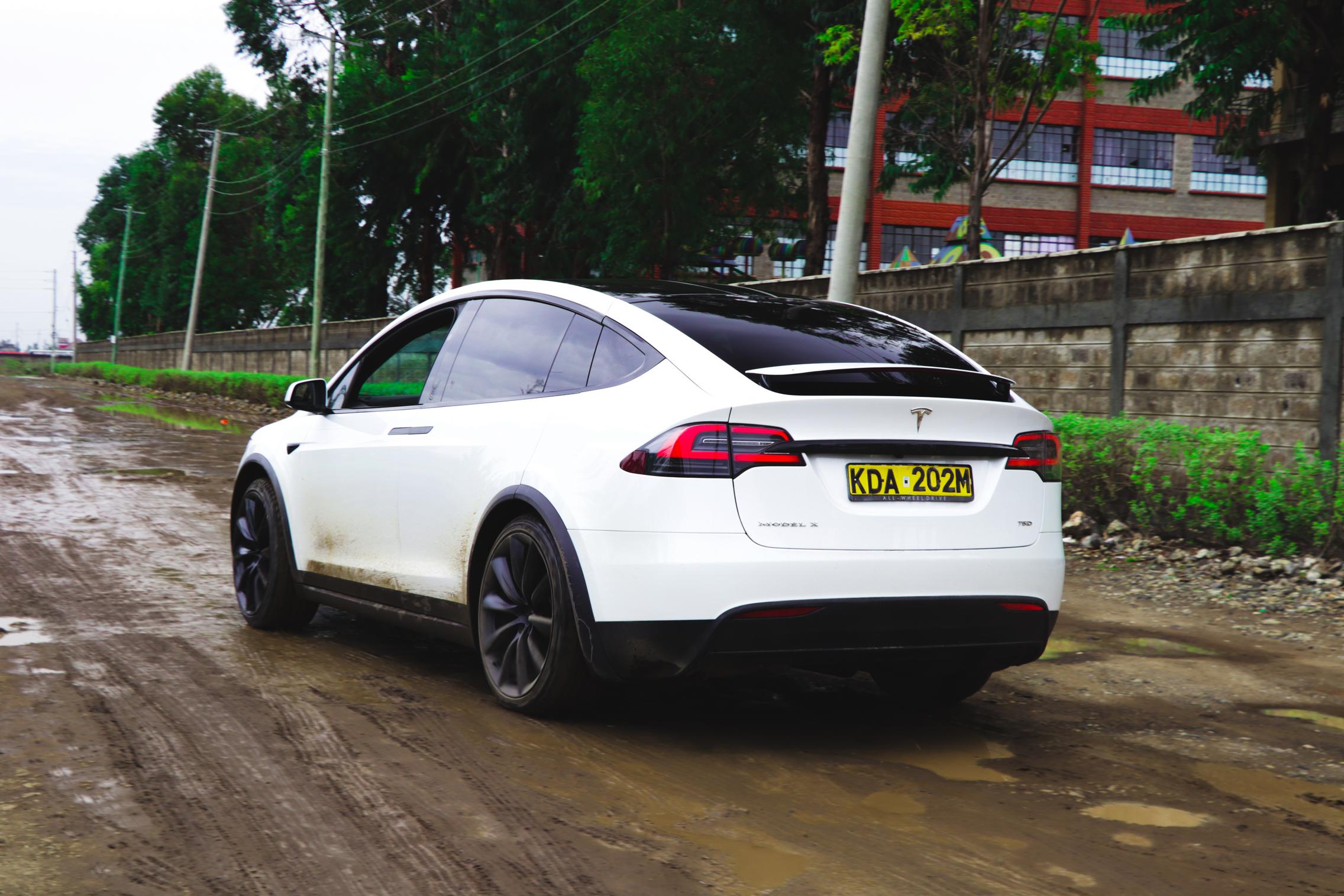
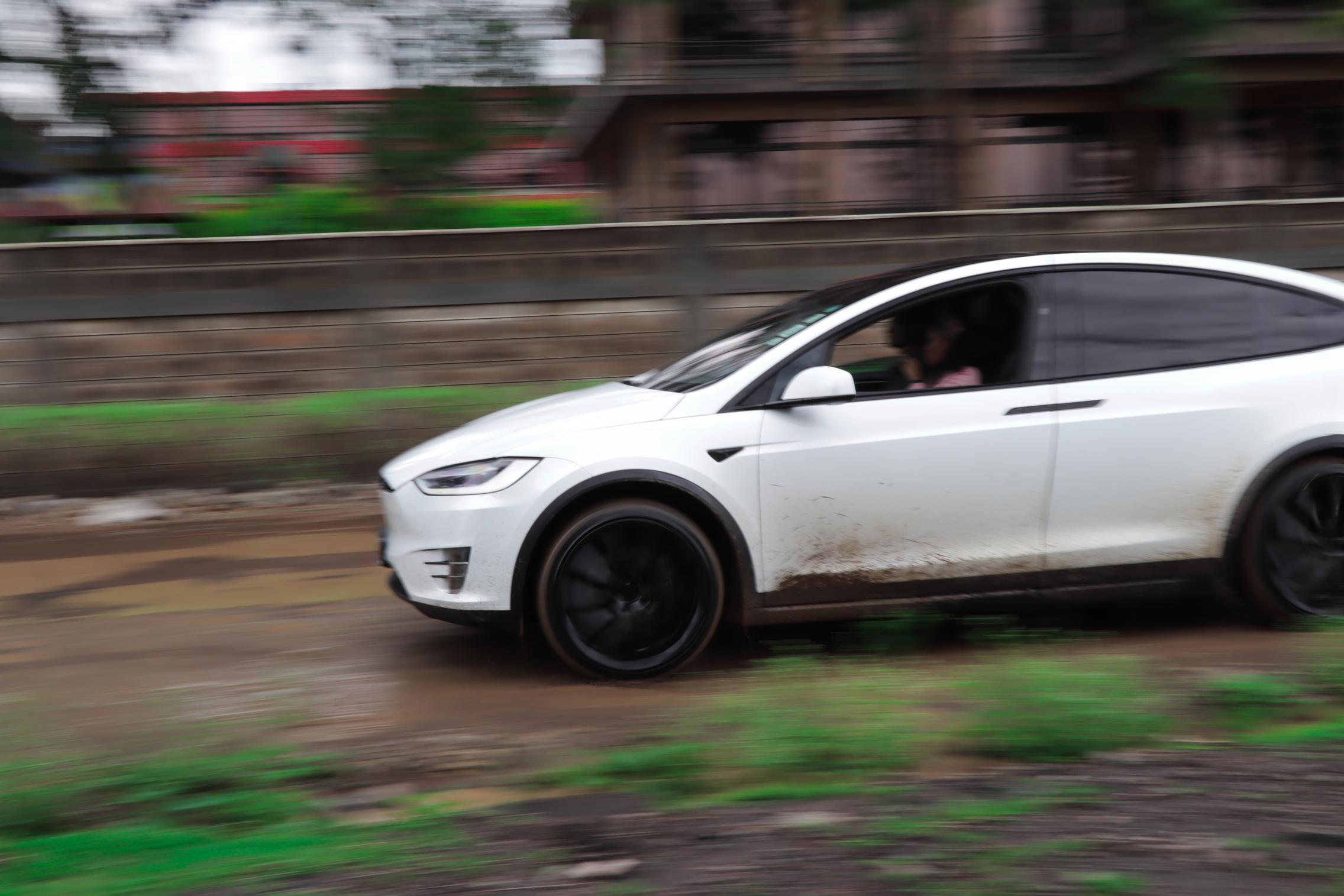
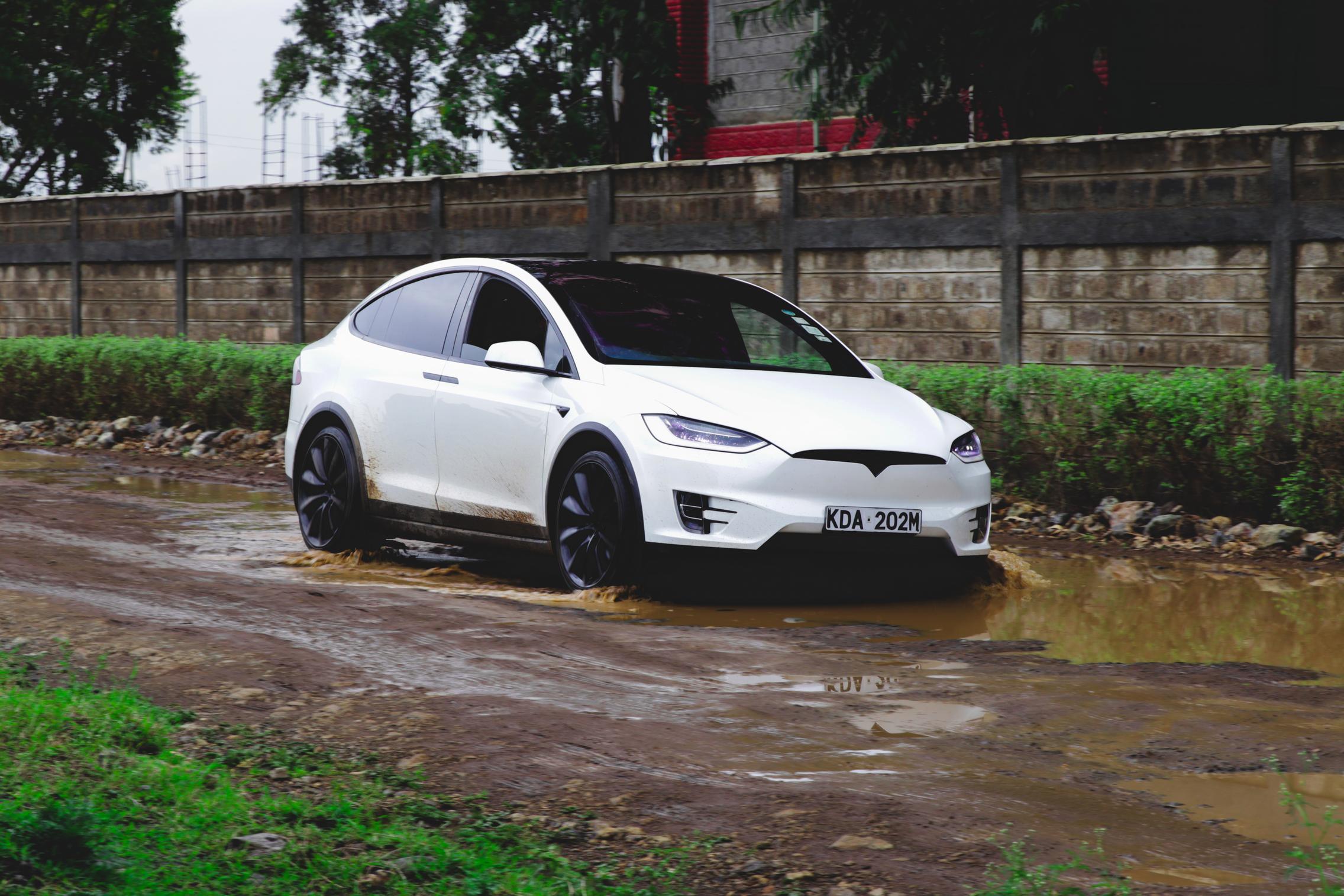
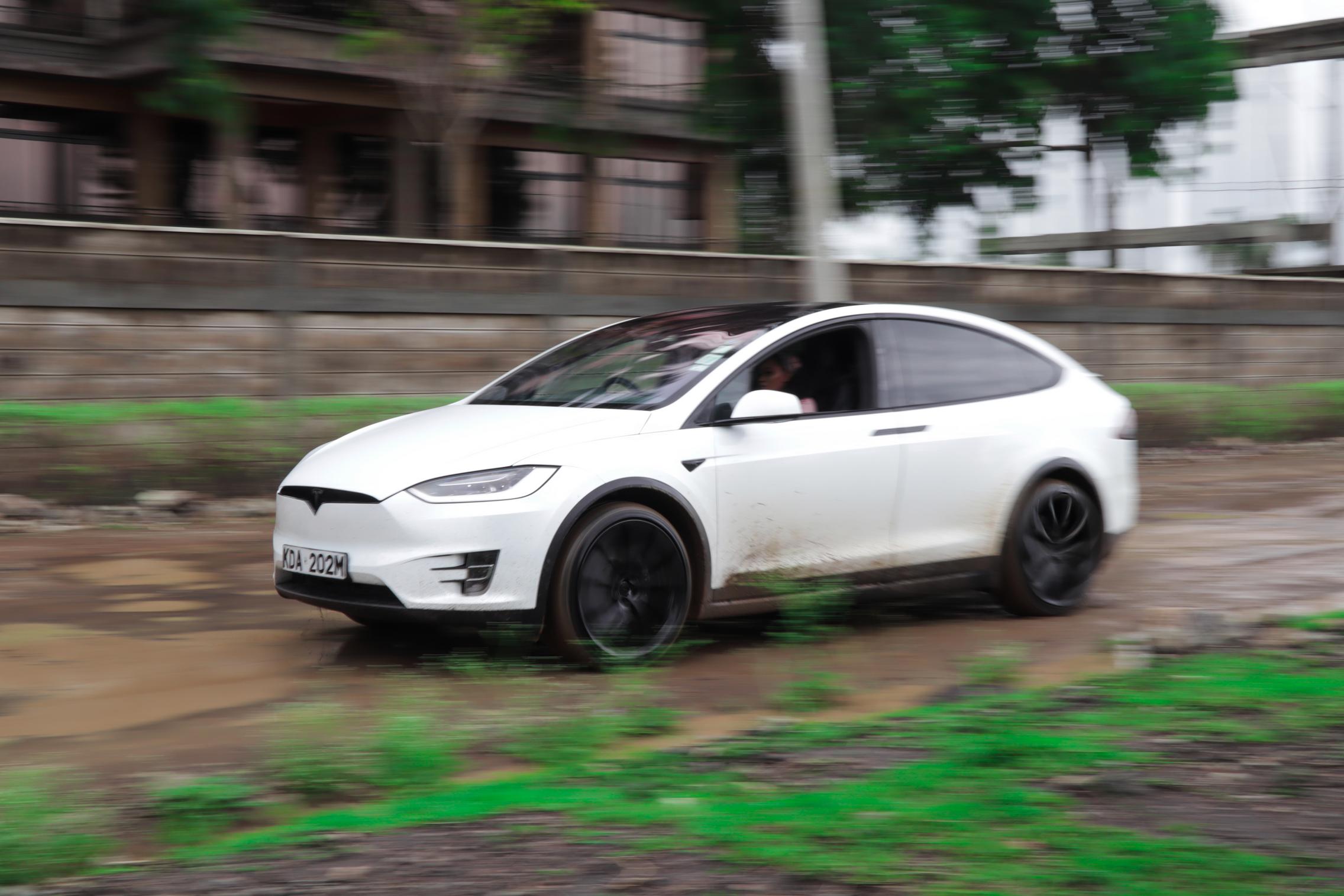
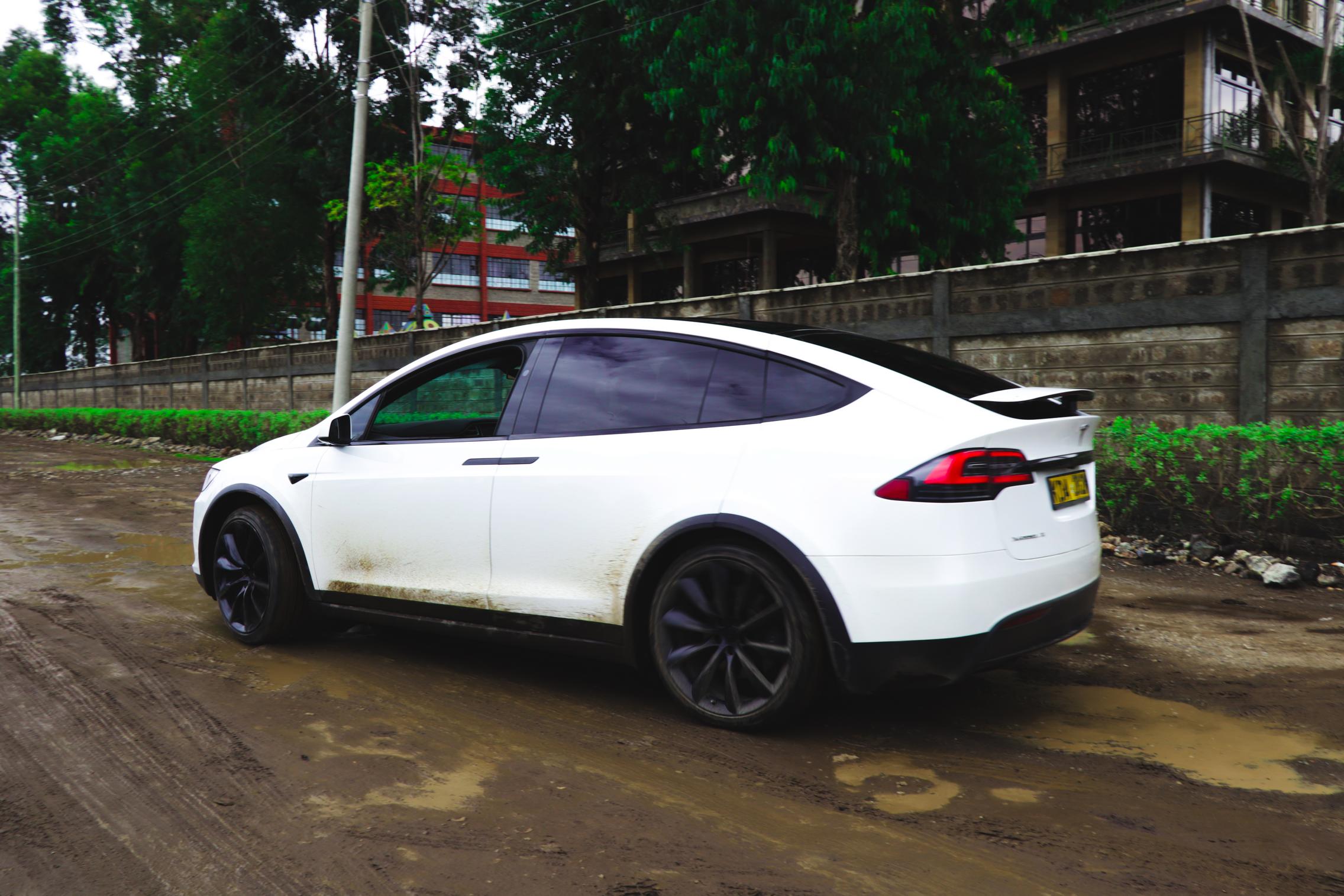
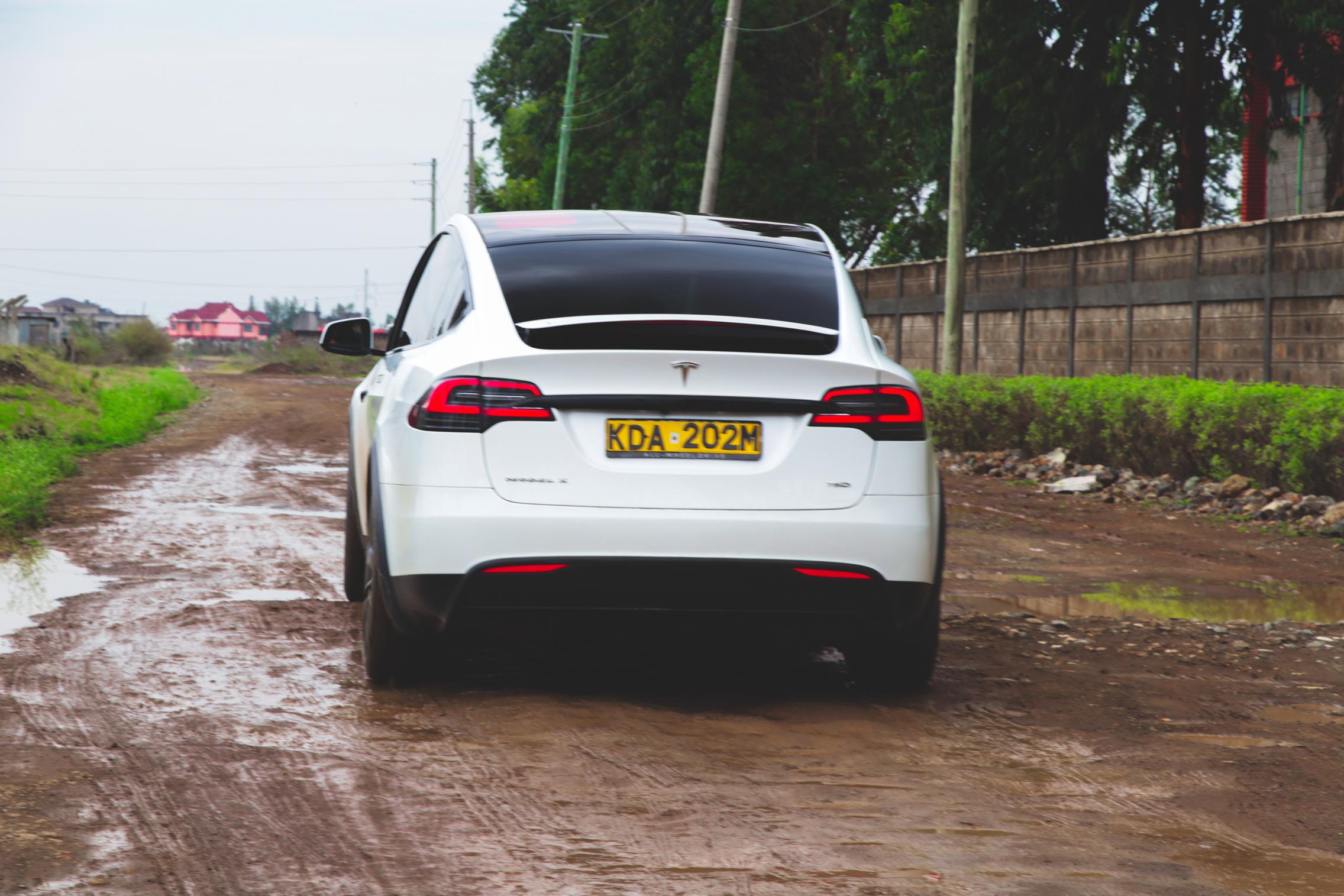

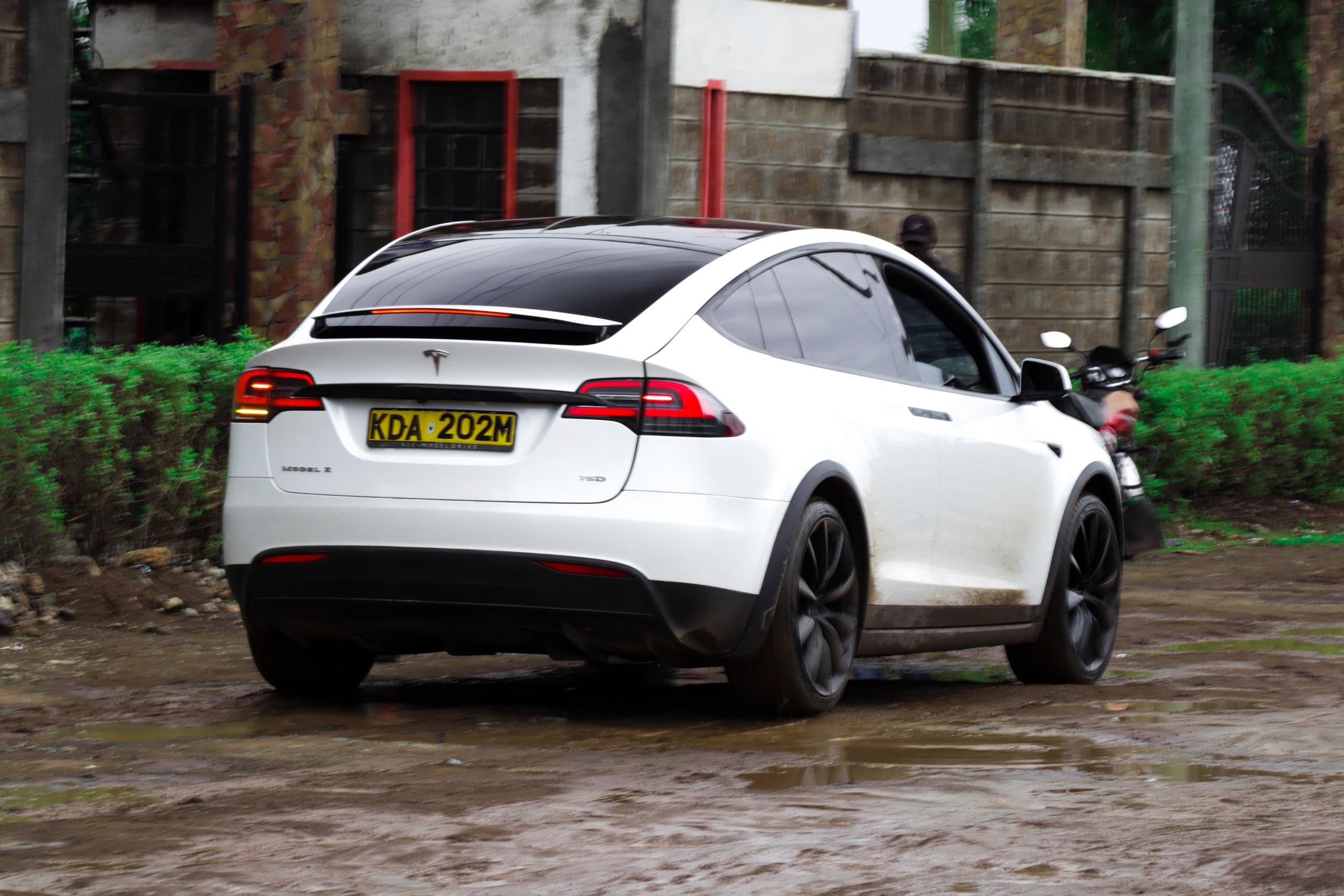

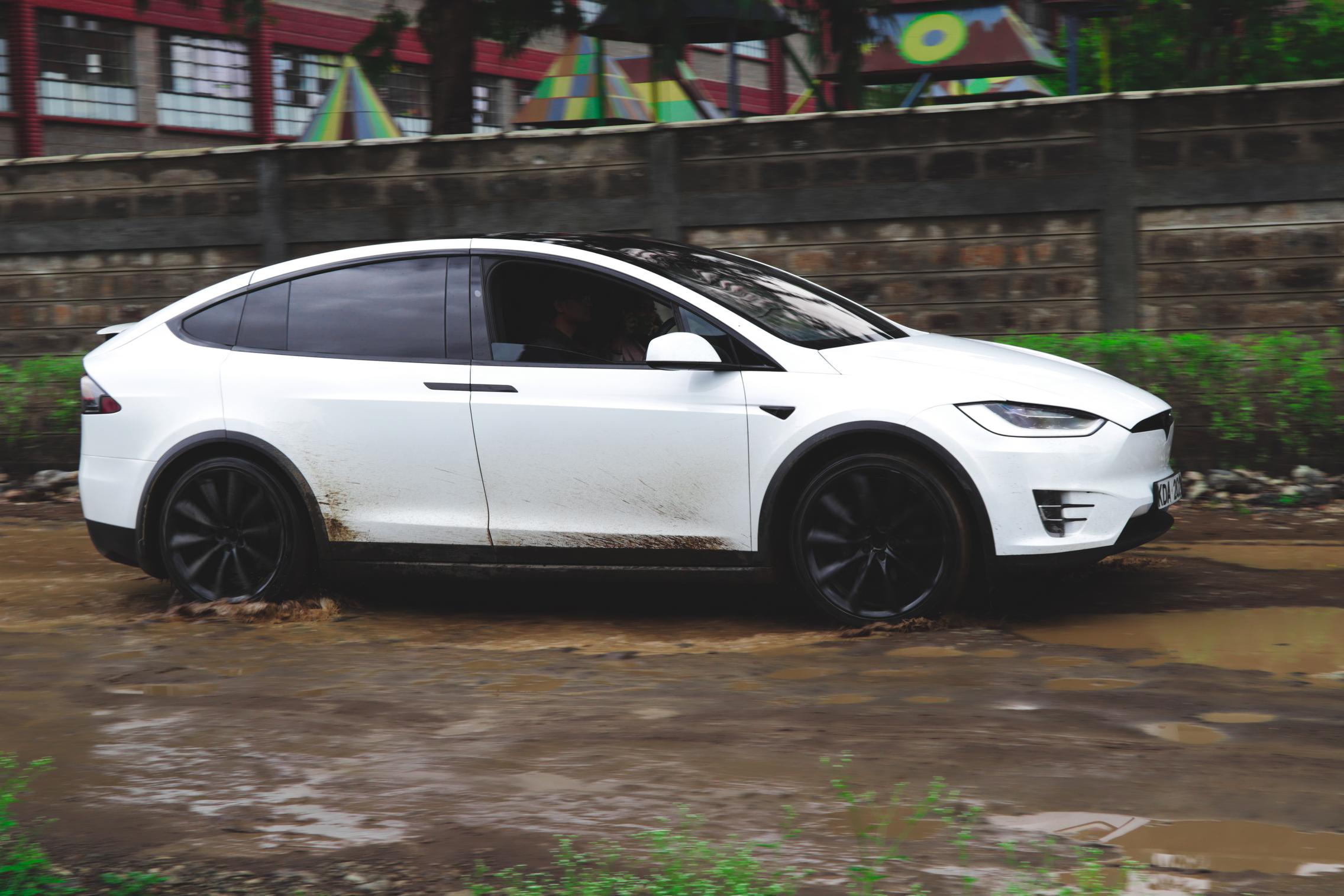

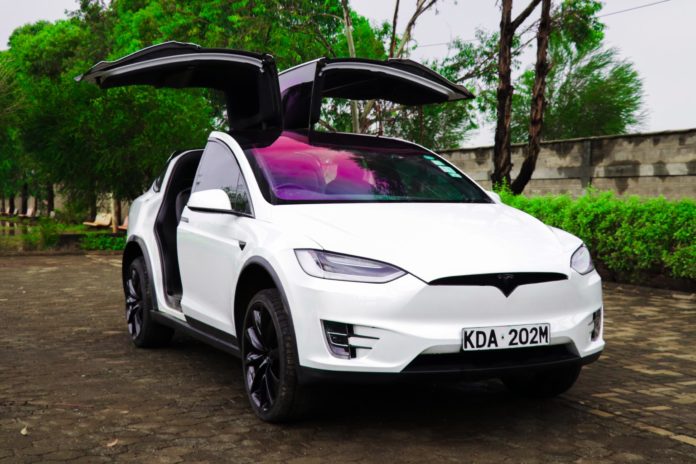
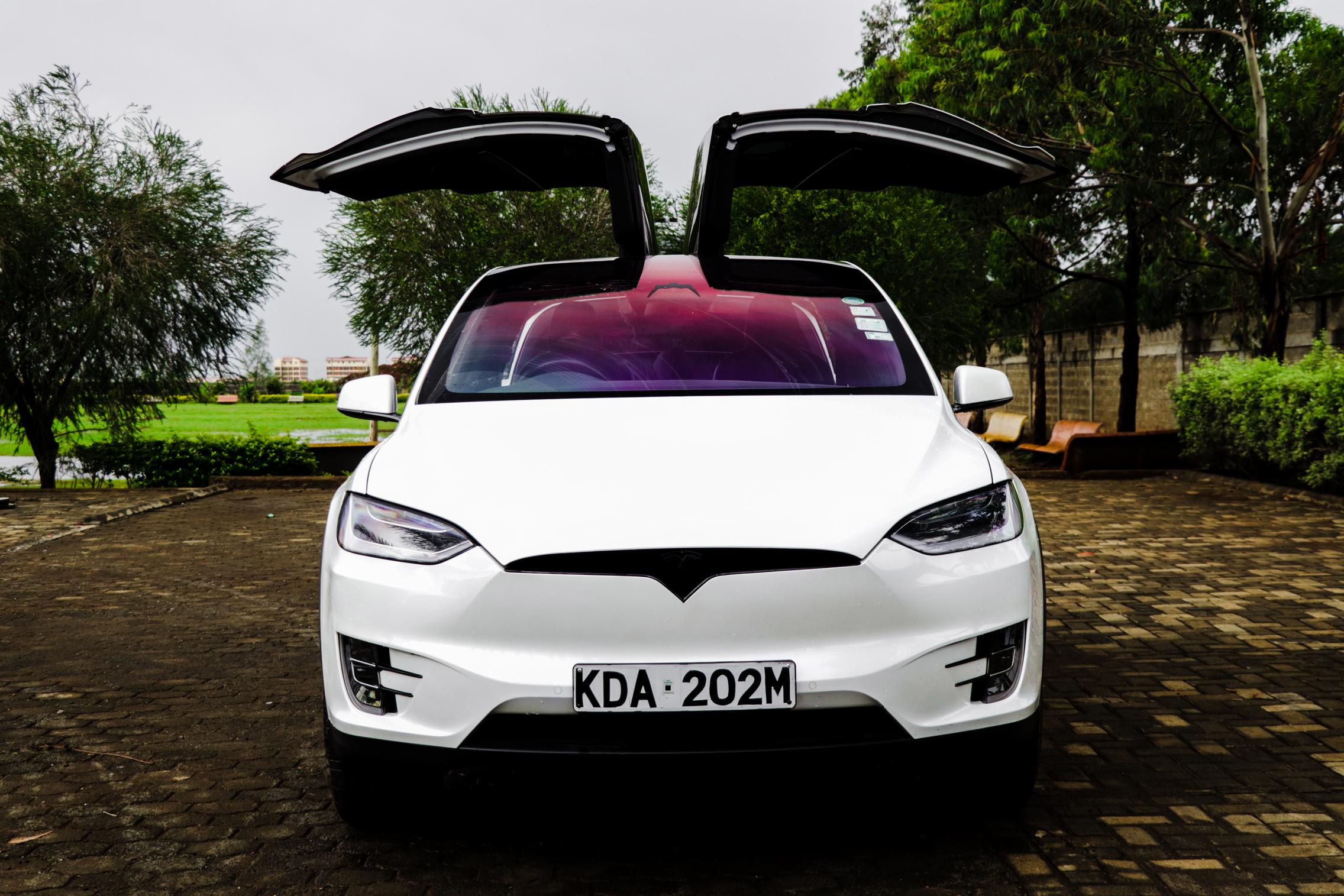
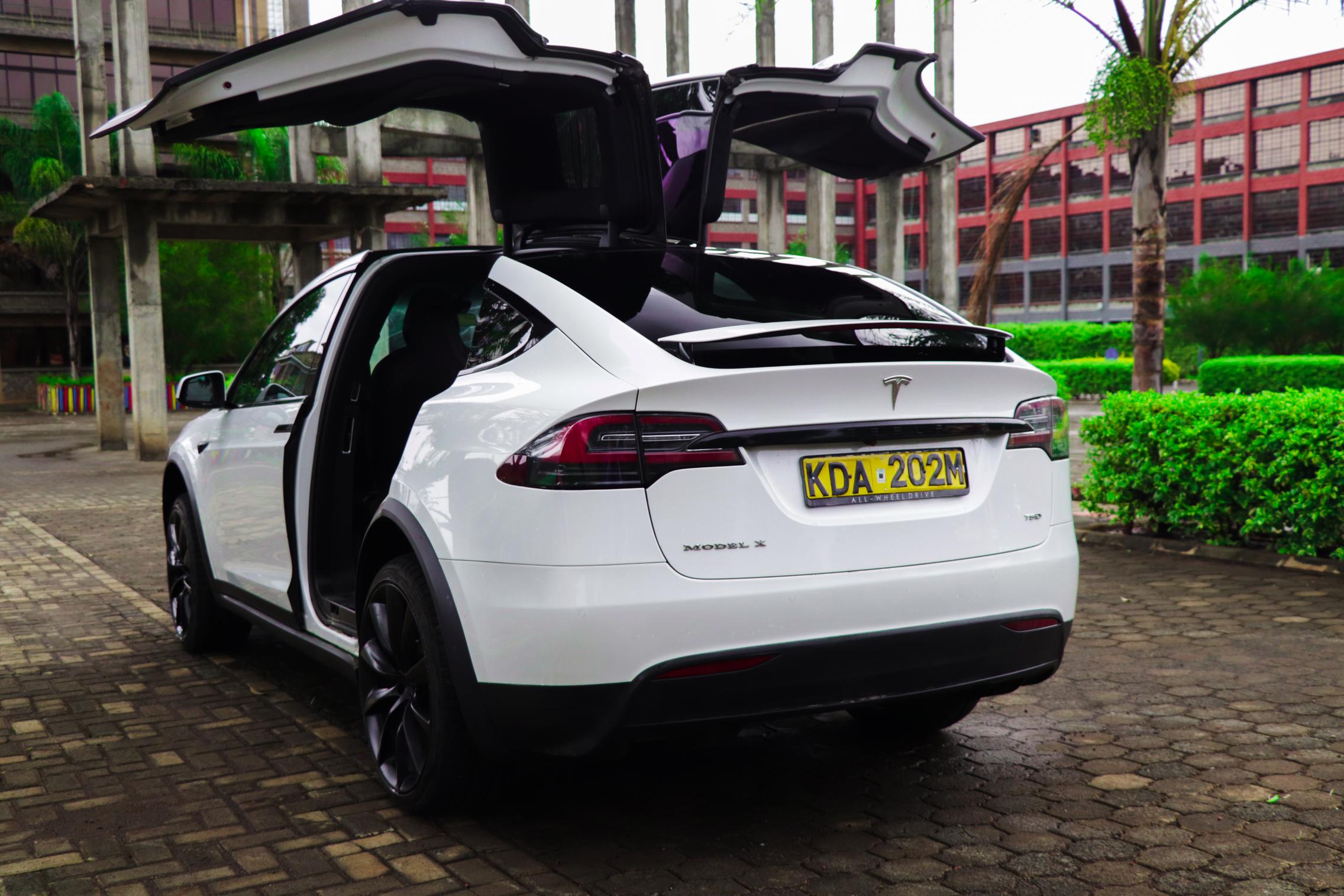
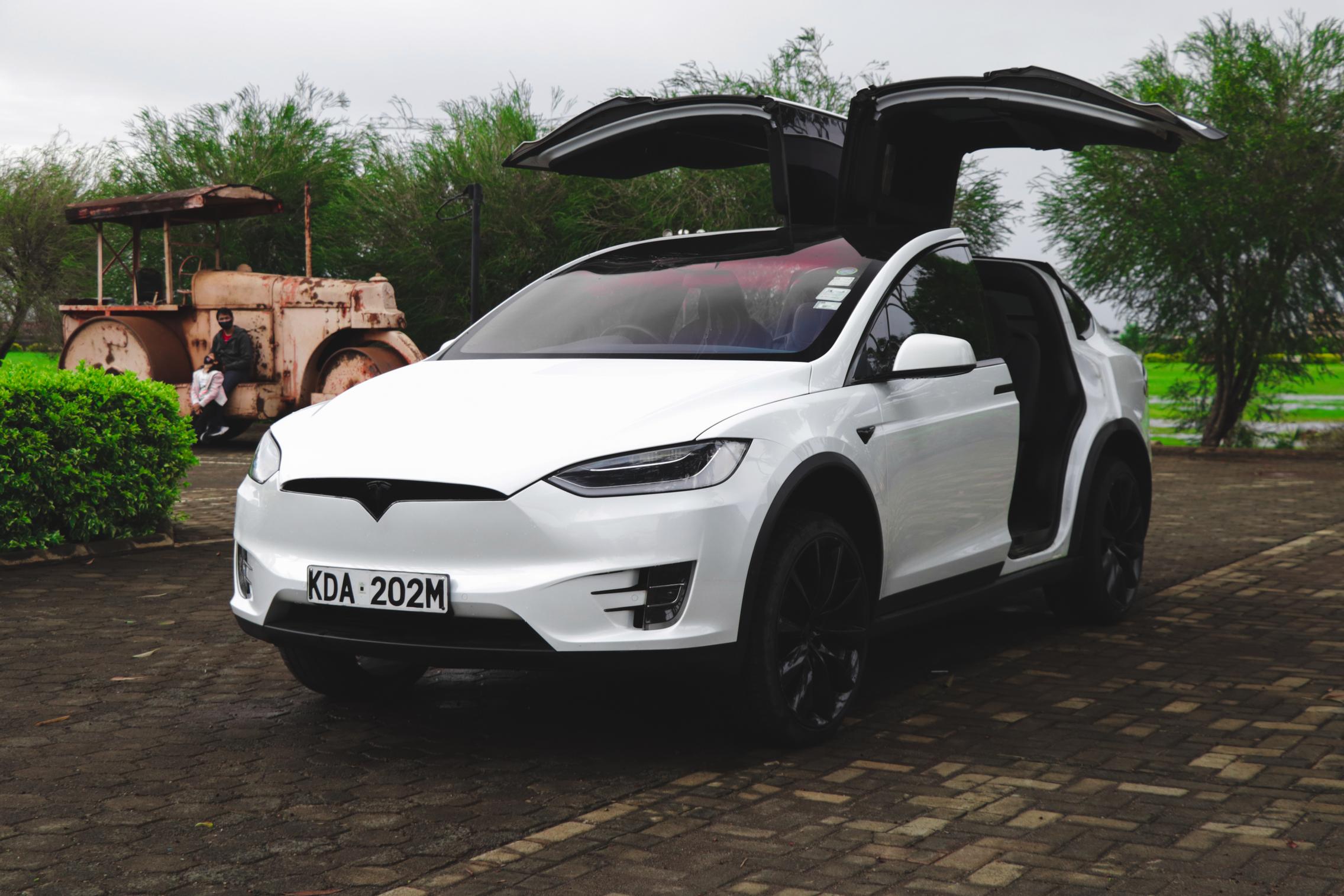
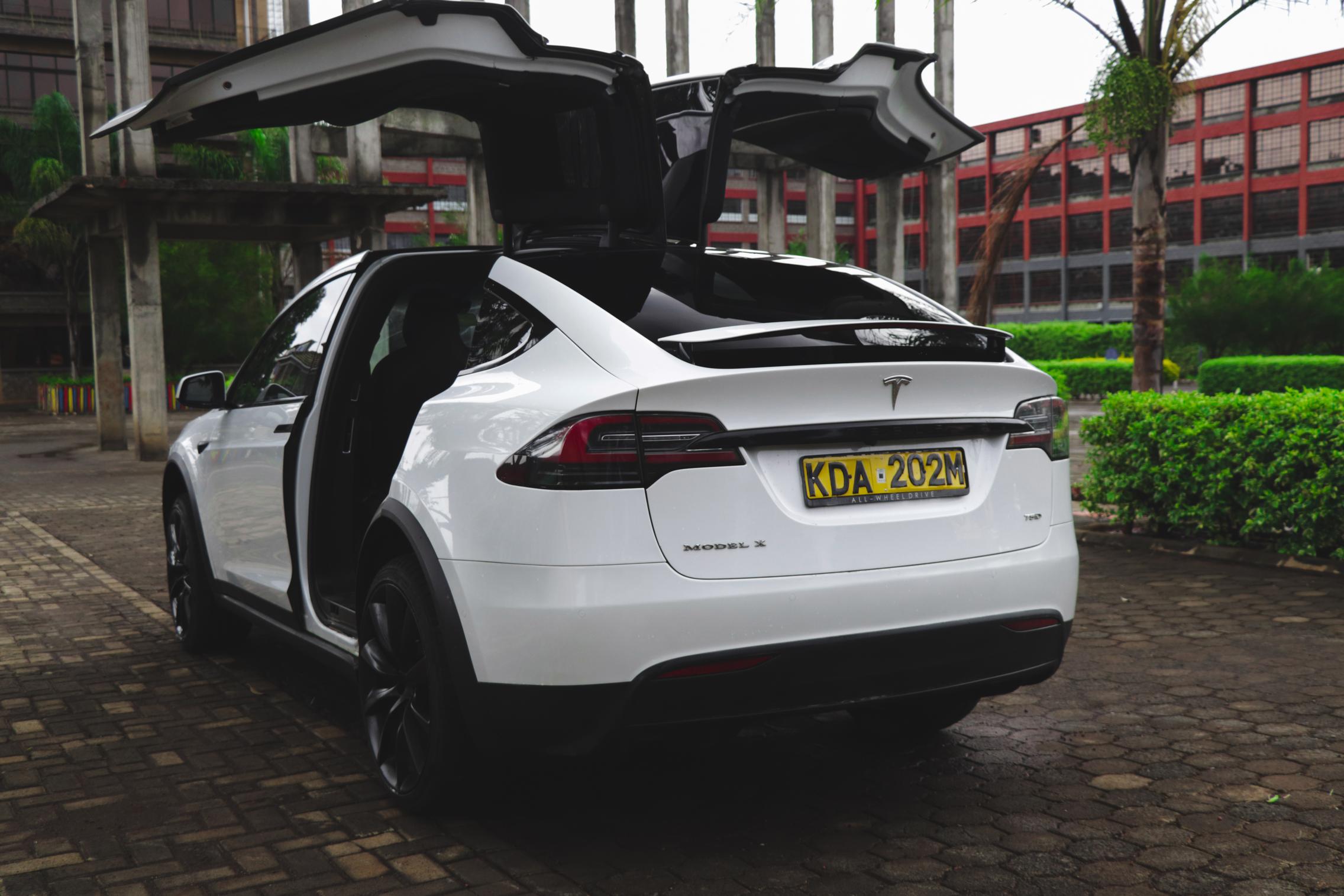
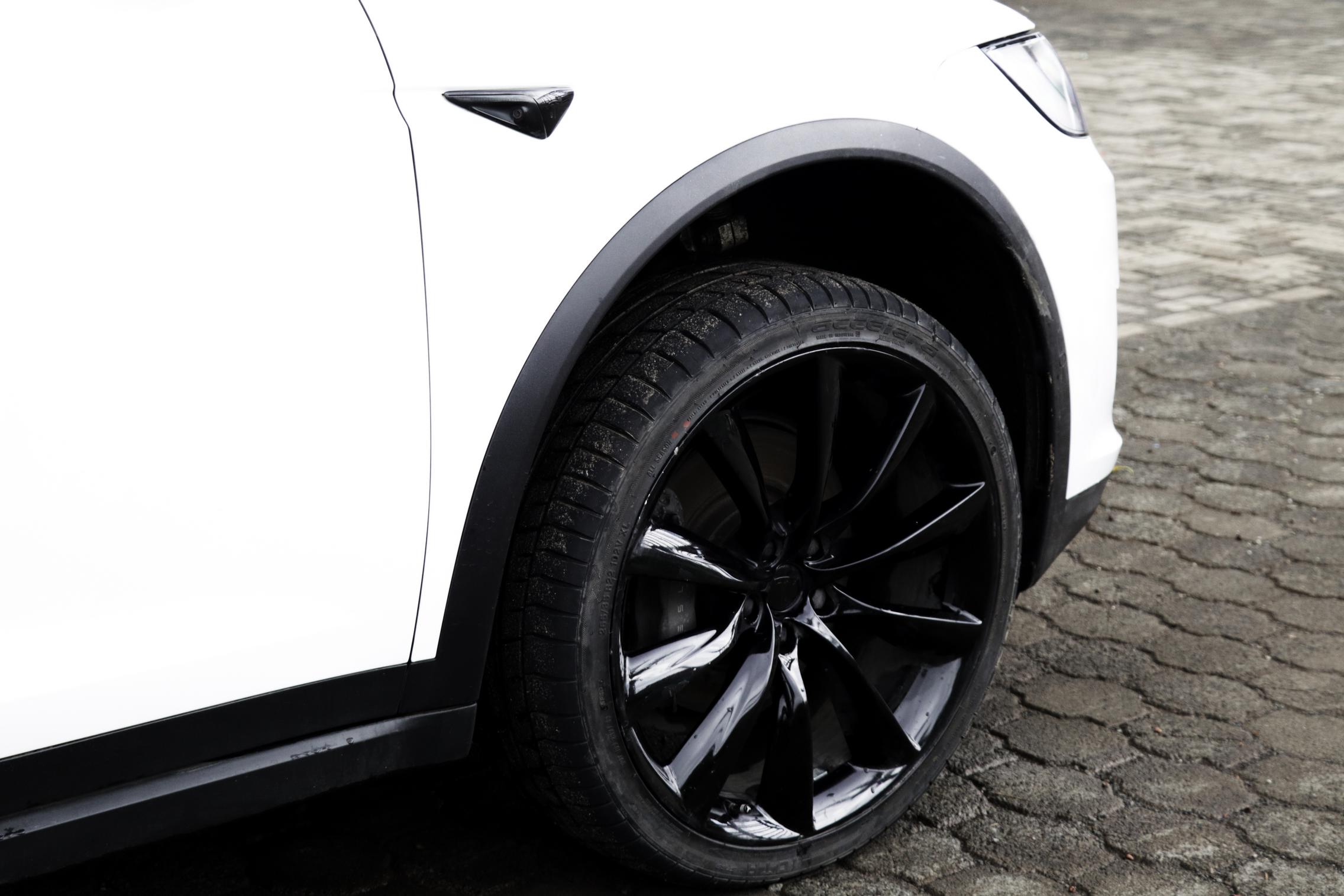
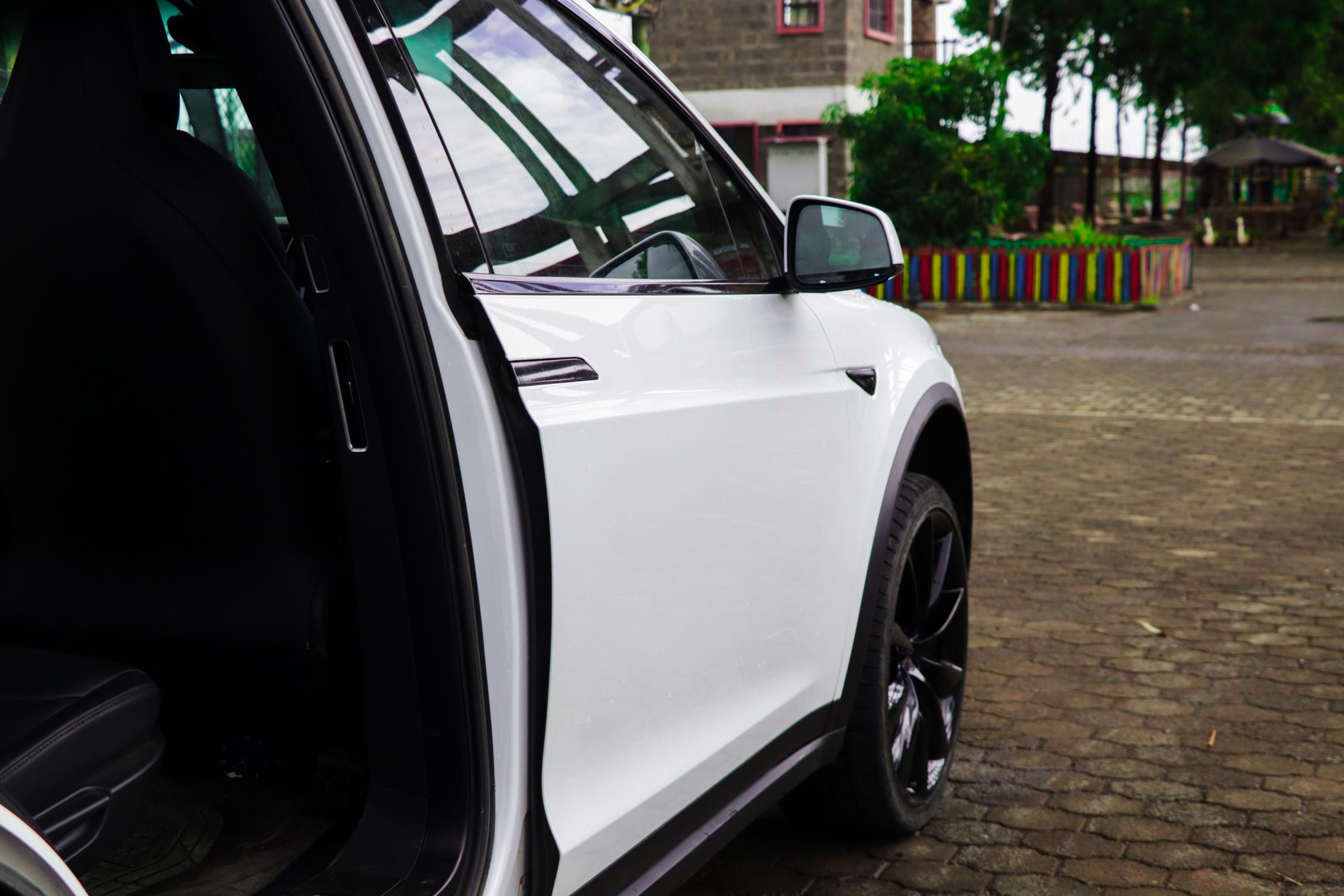
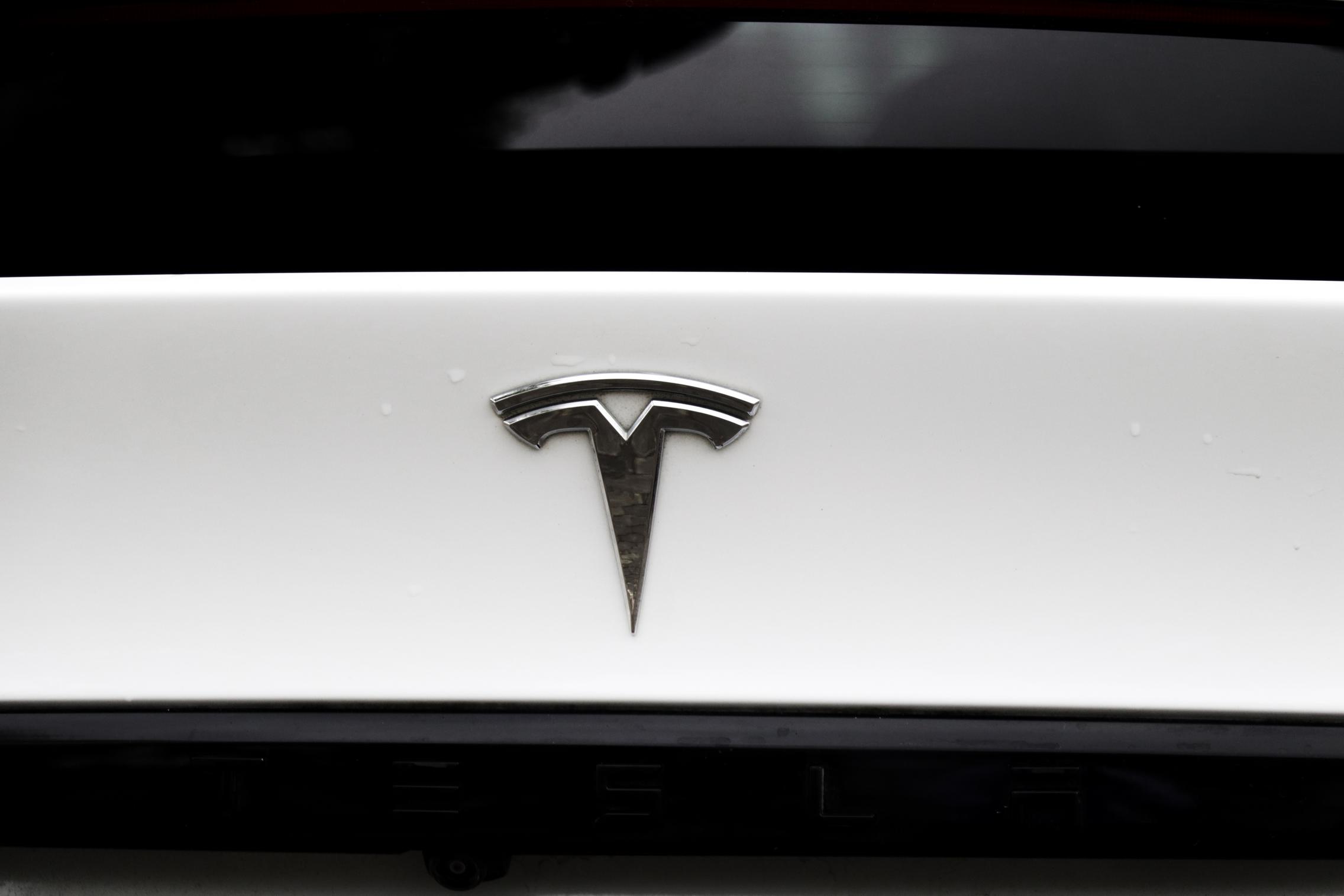
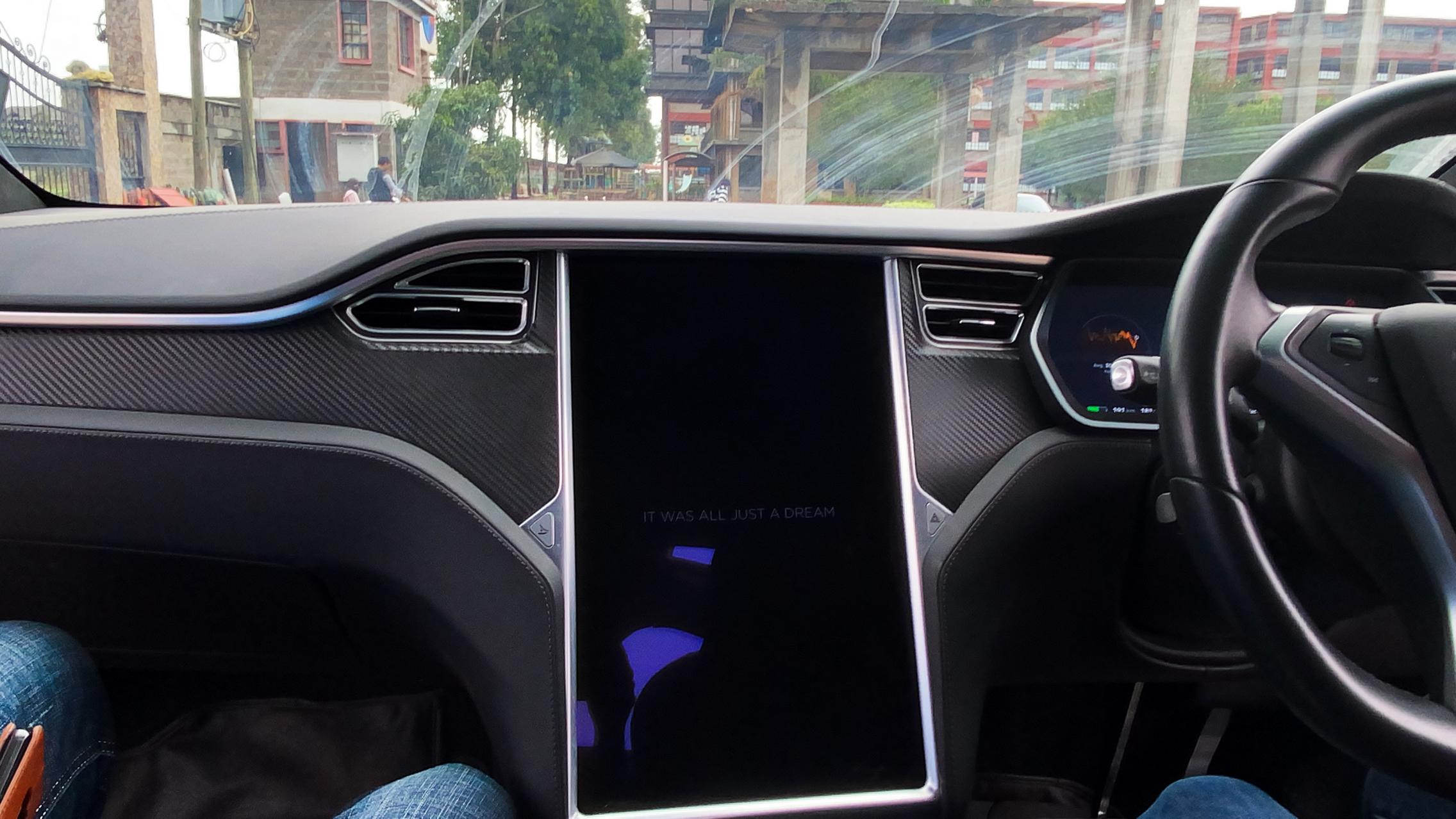
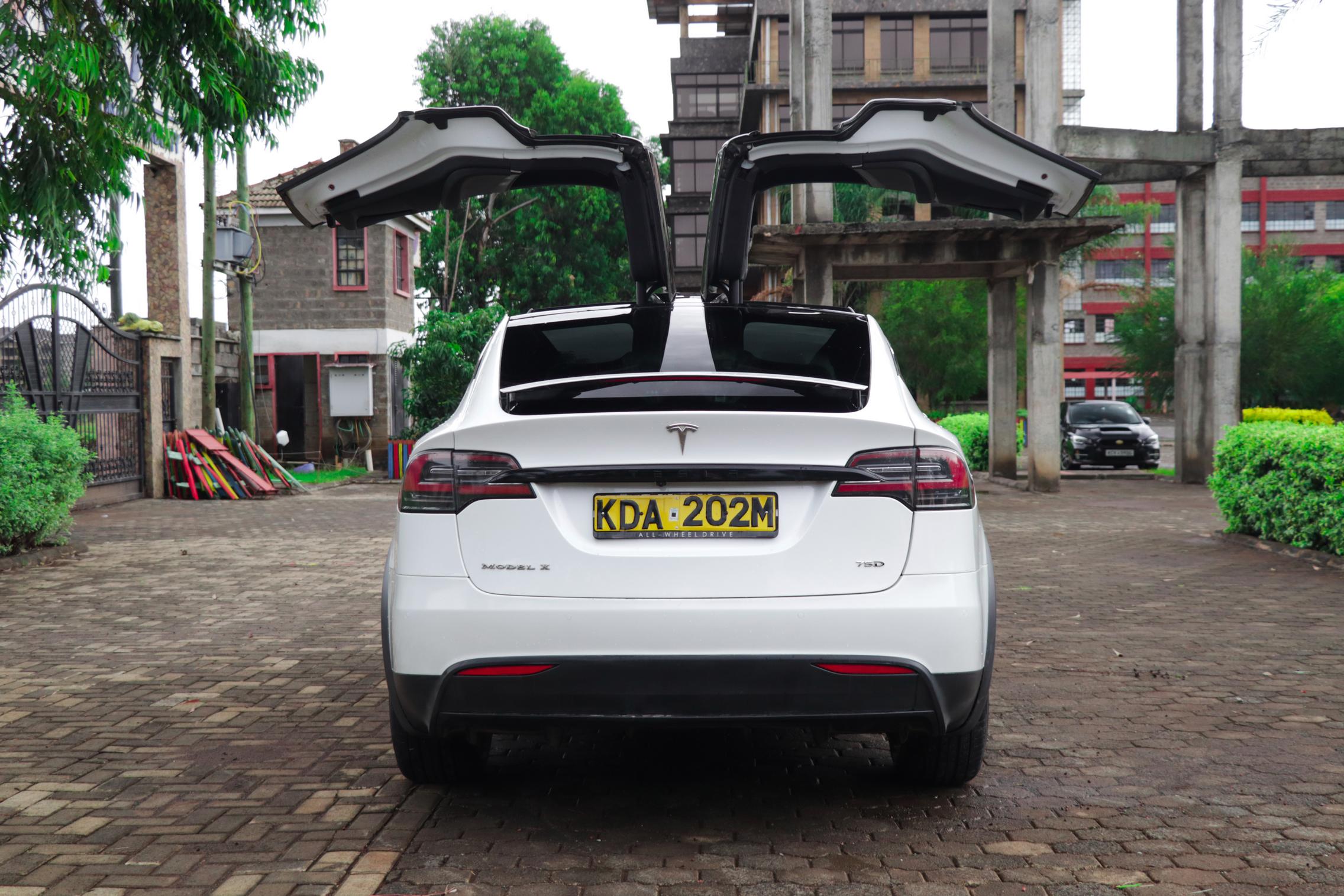
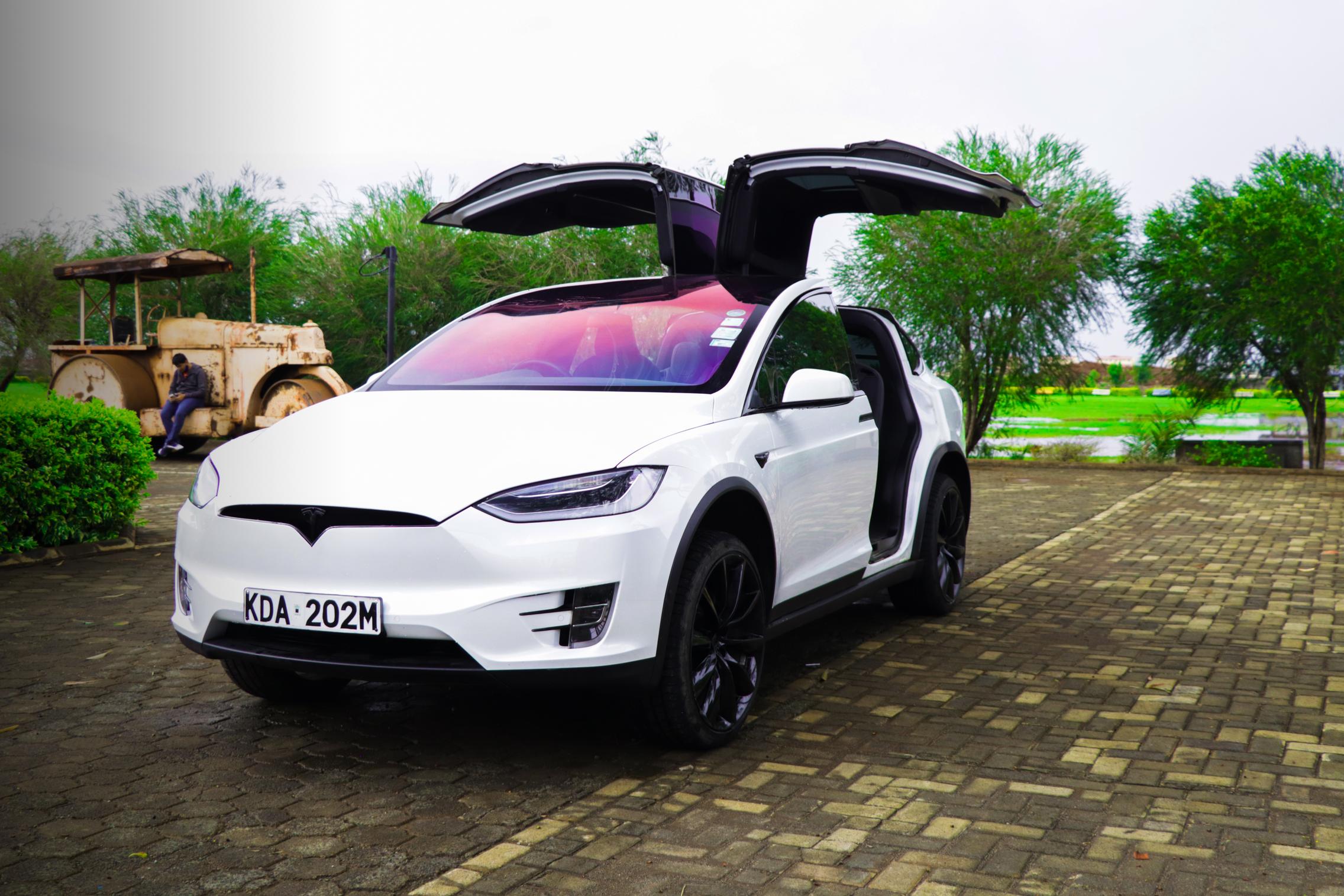
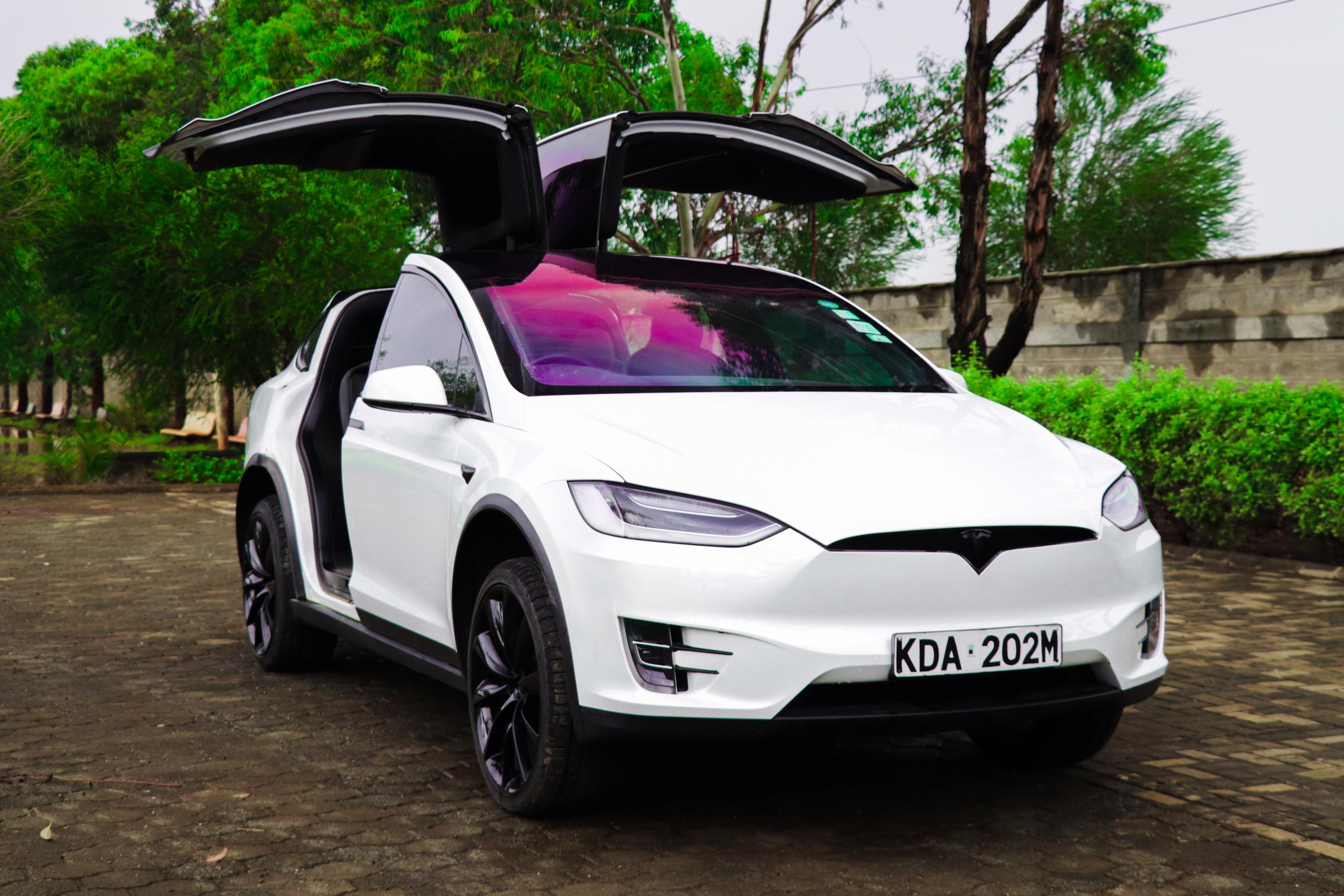

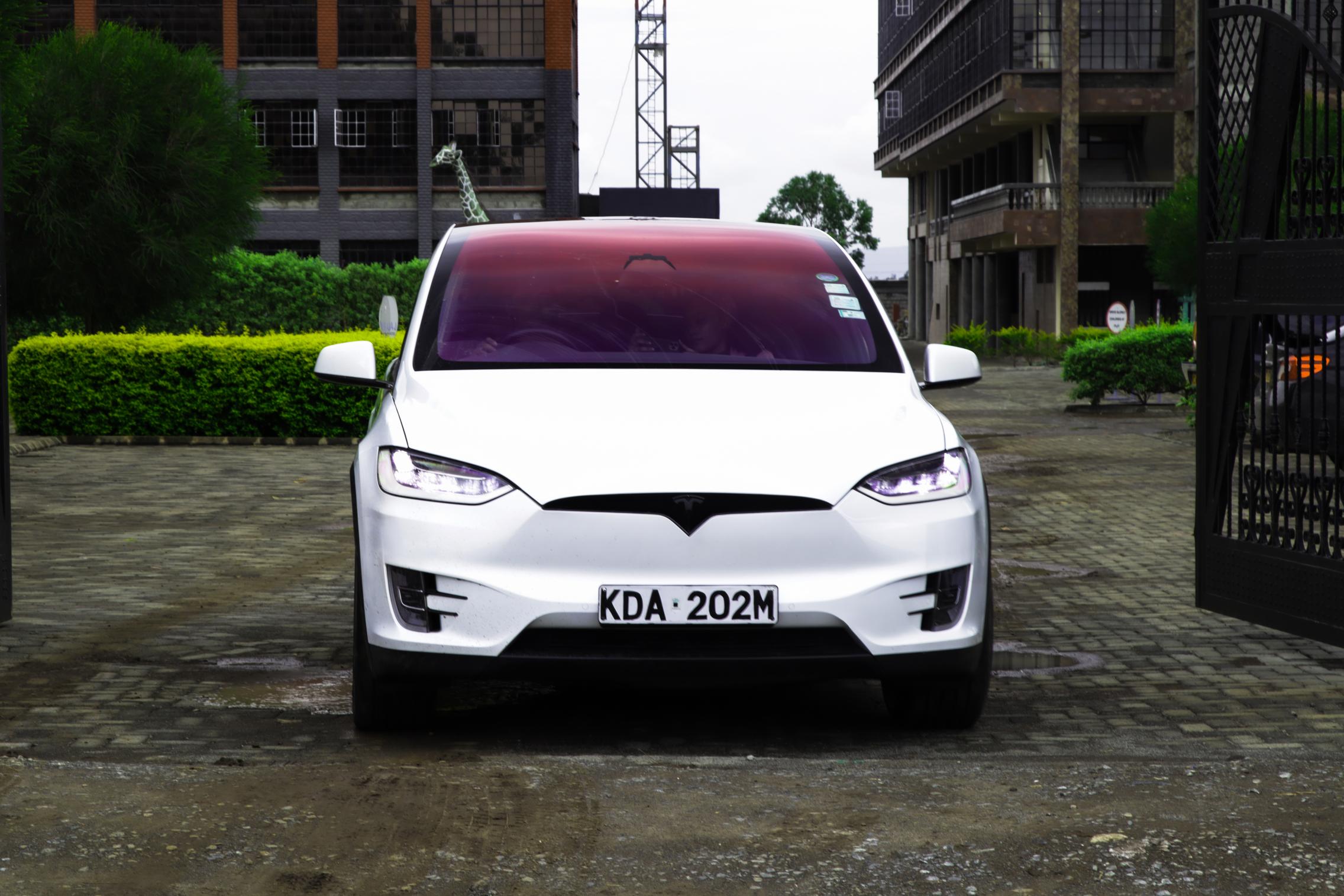
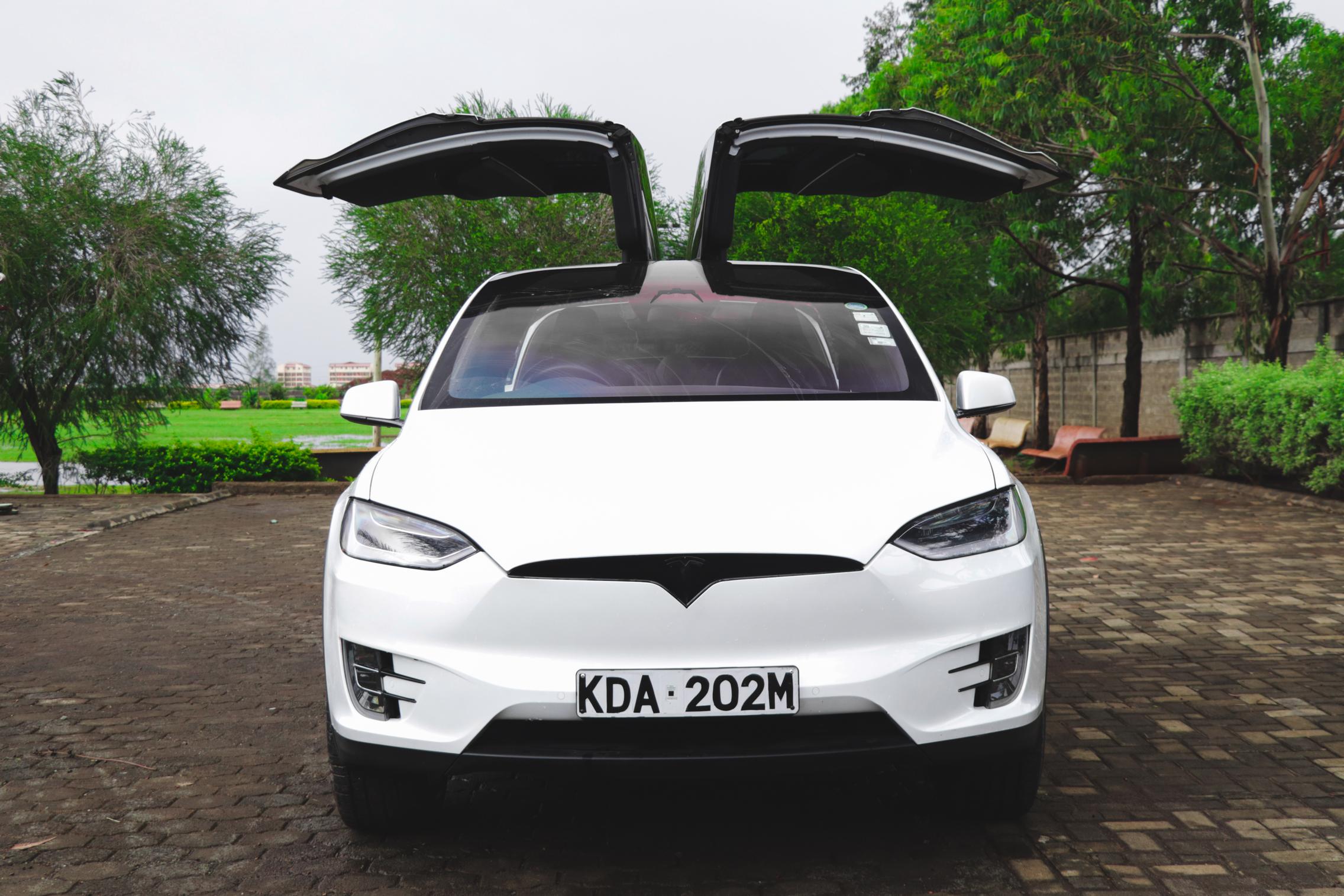
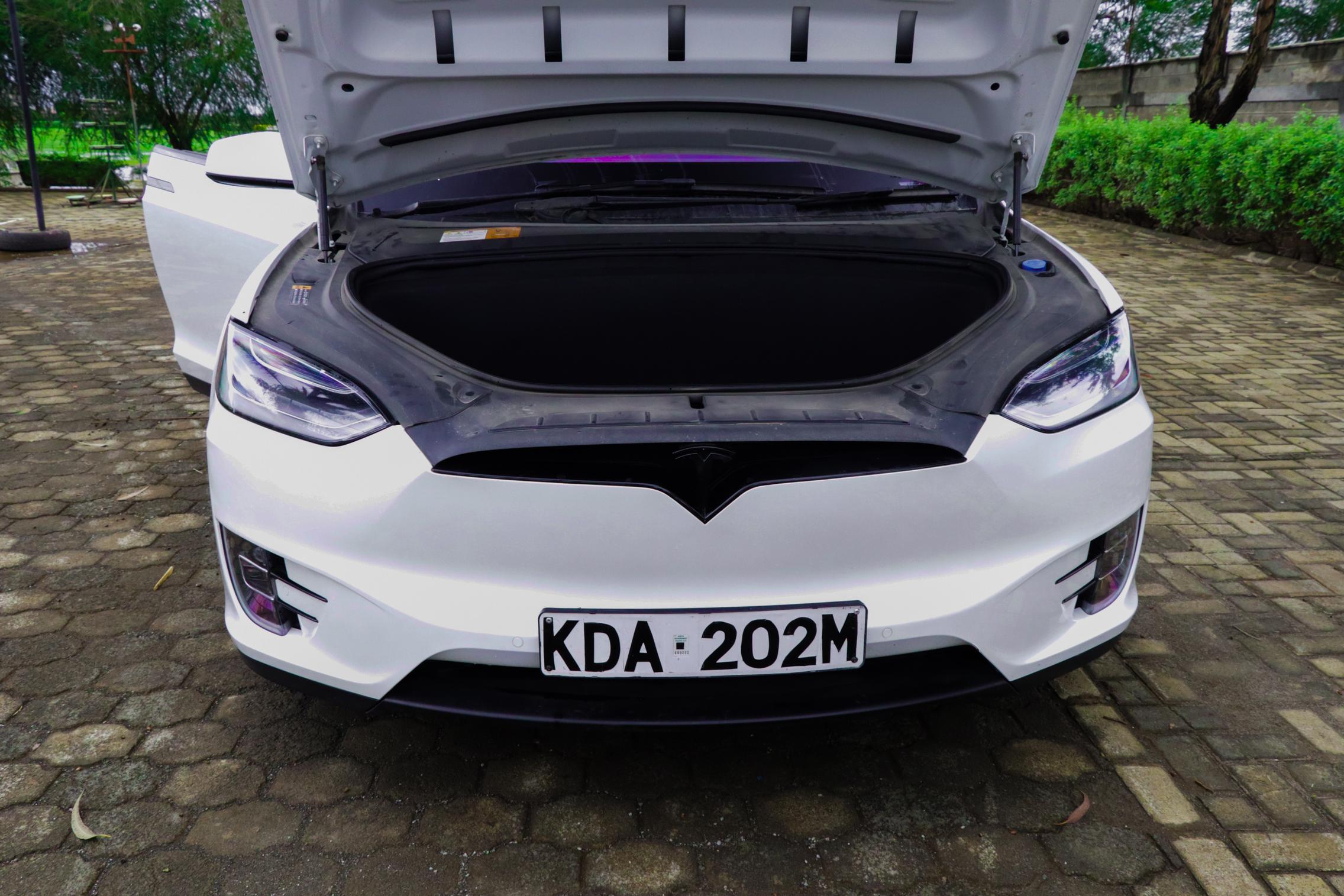

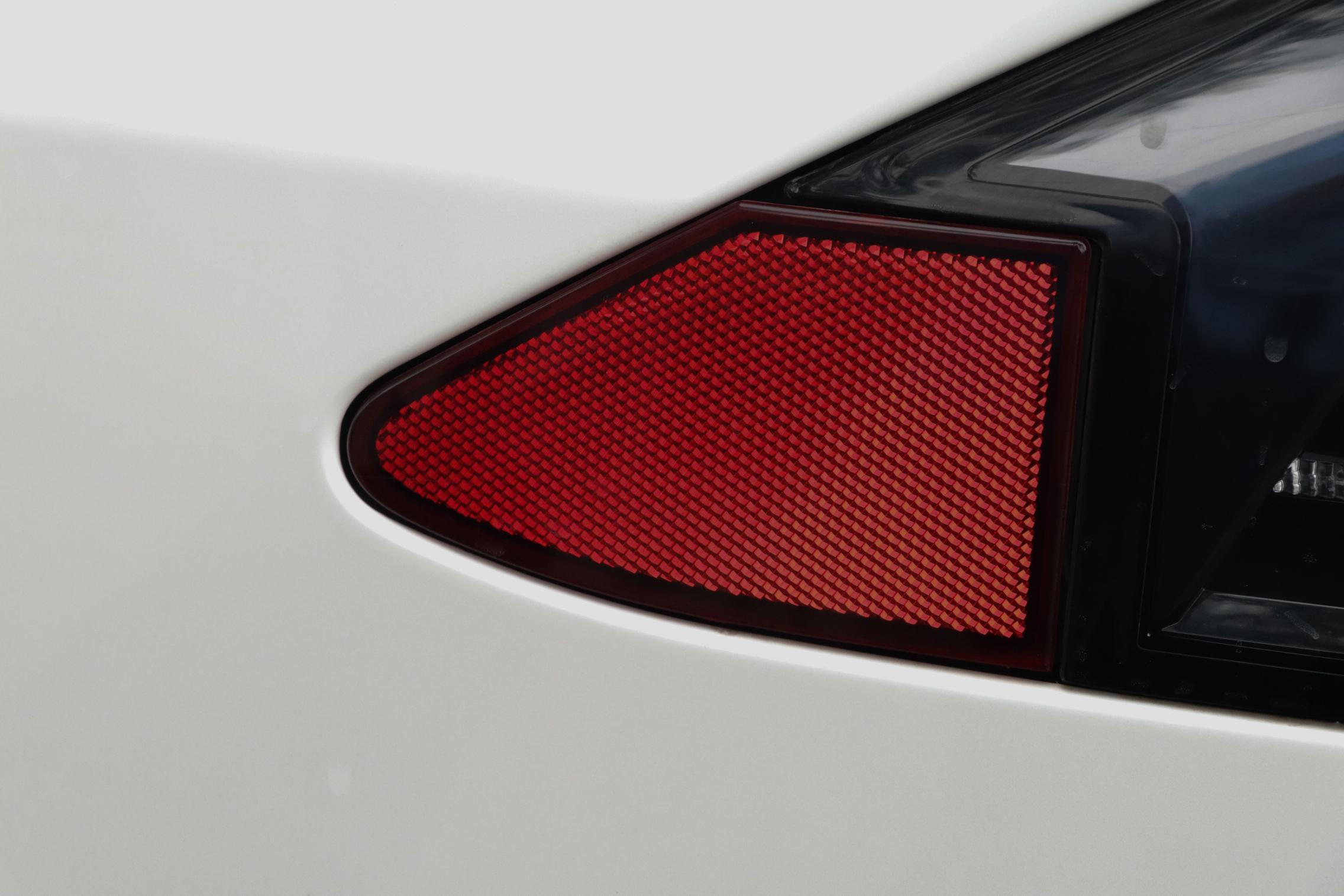
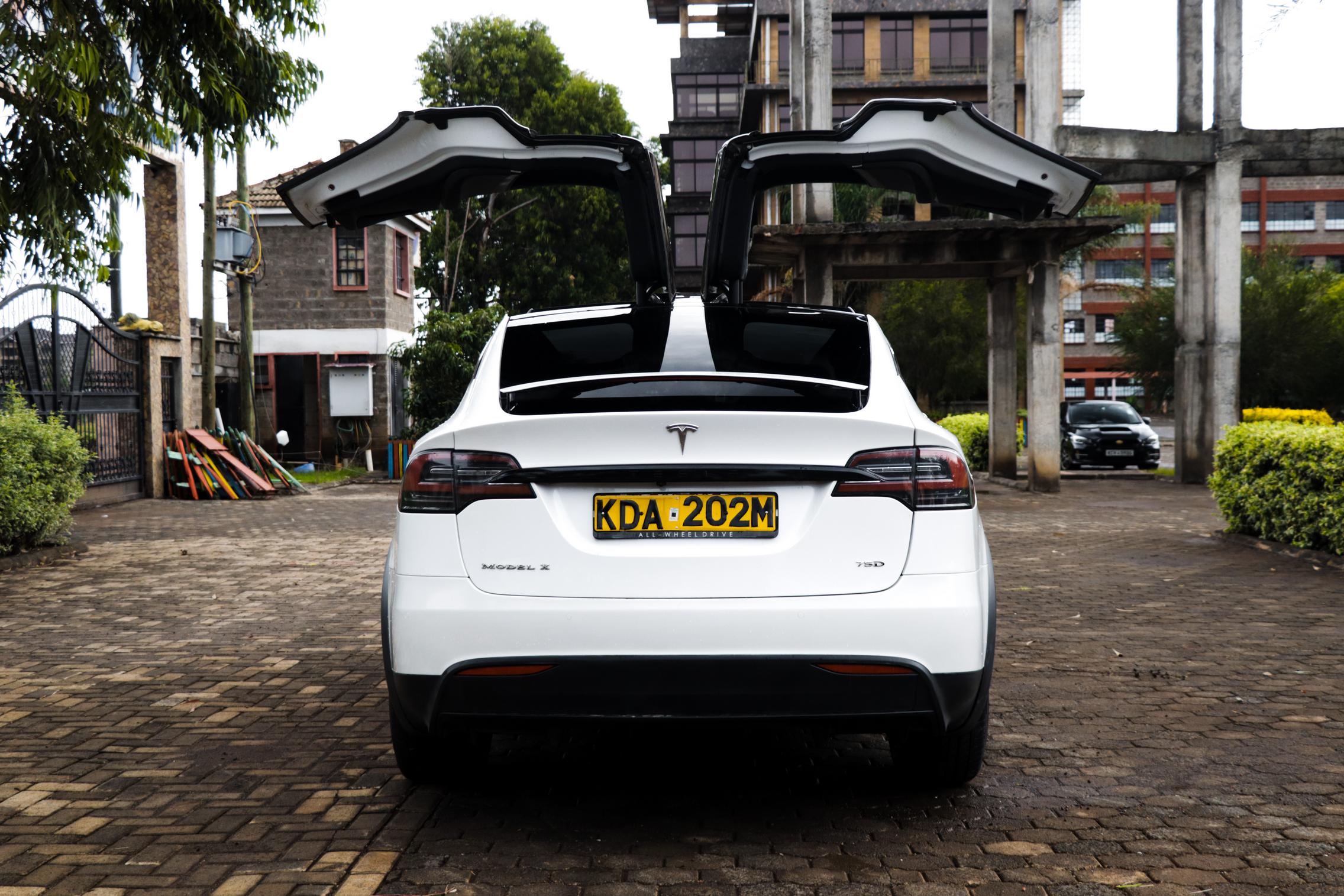

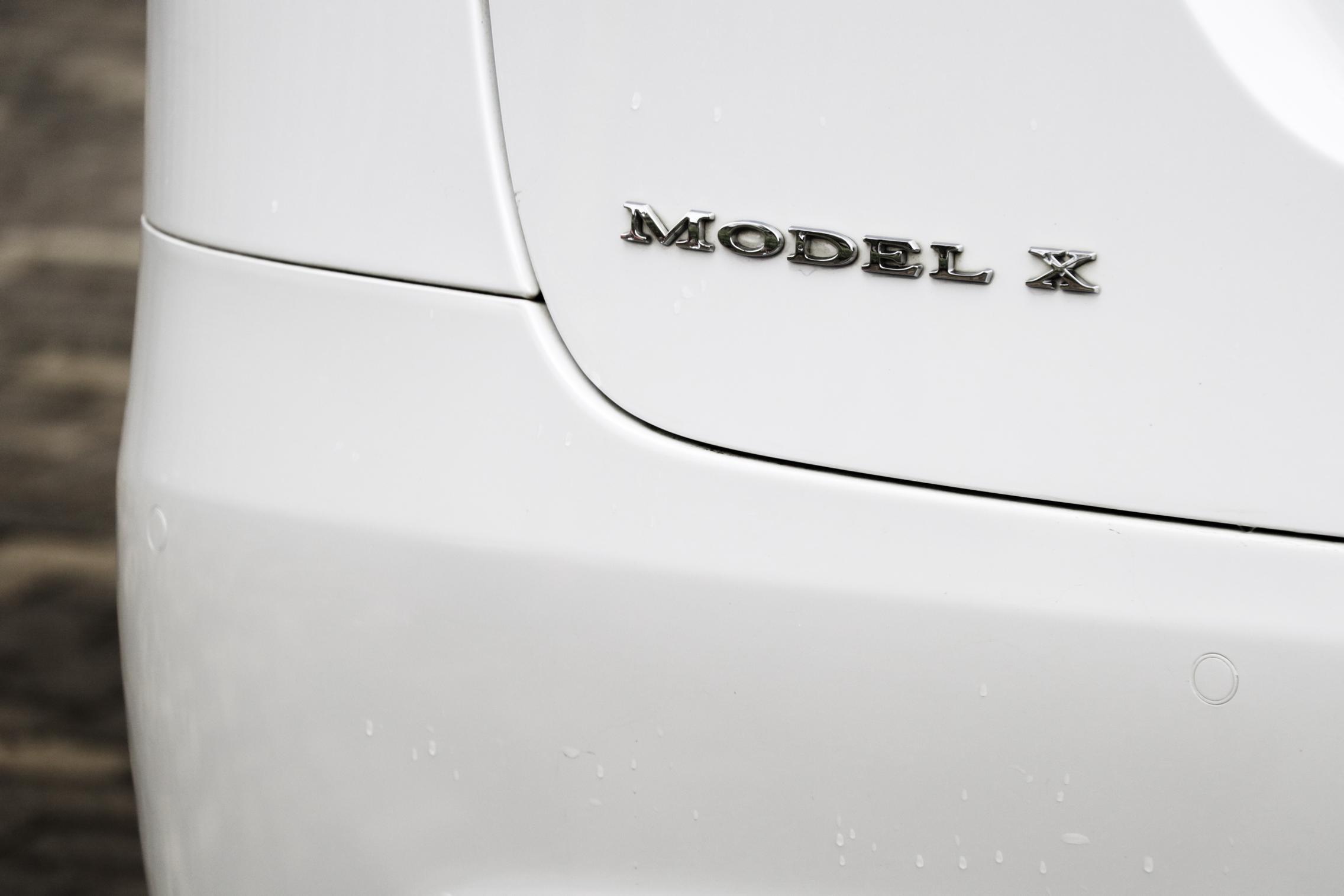
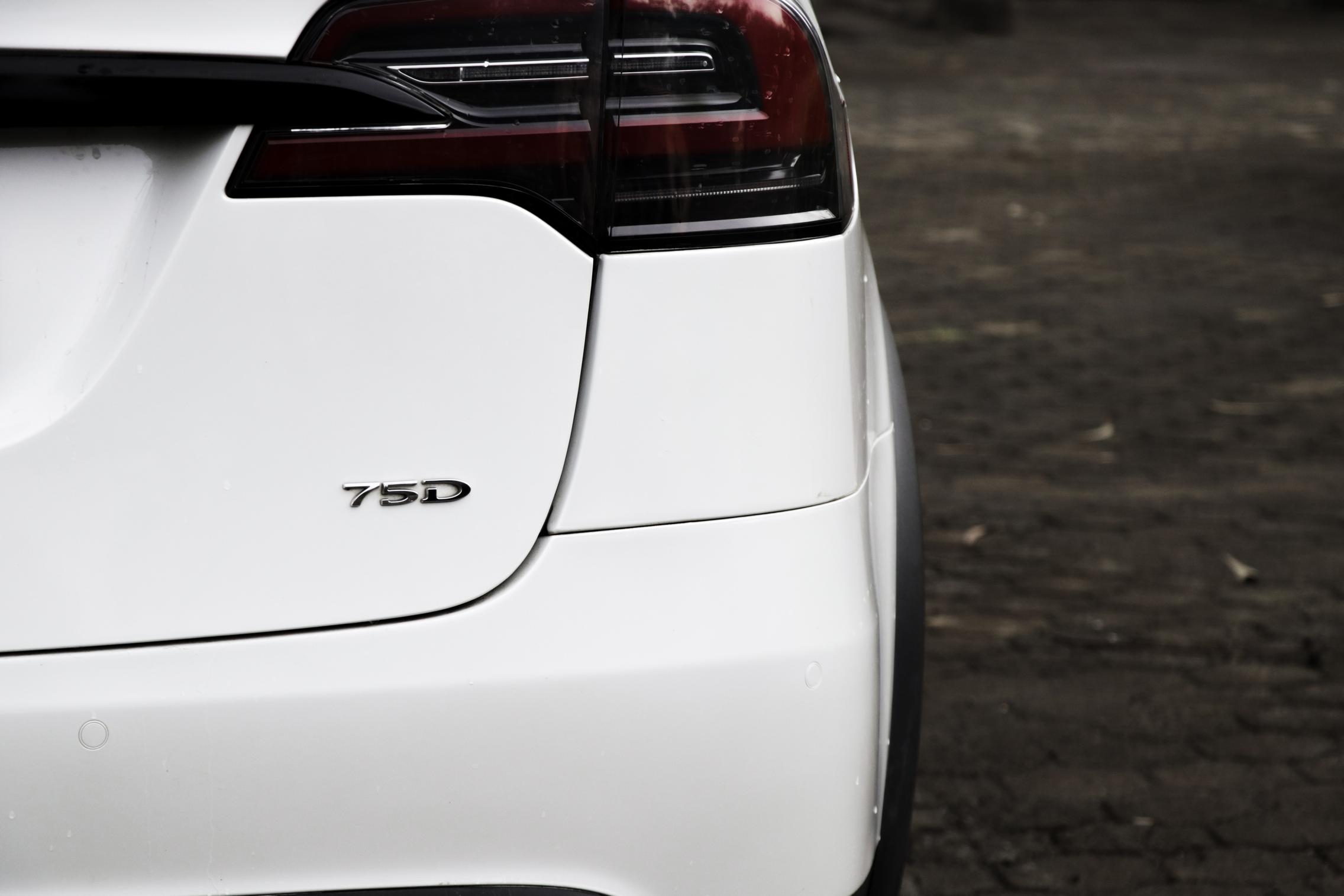
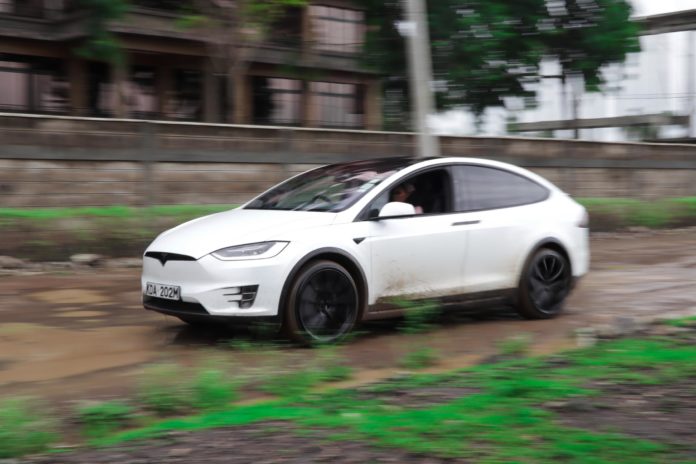











Dear editor,
I think the reason for heavy taxation is no more than lack of insight, foresight, and the African pandemic called corruption. There’s a likelihood that taxation may be used to prohibit import of EVs coz in the long run it’ll mean less fuel off the pump then less moneybags for the fuel cartels. Needless to say there will be dumping of ICE cars in Africa once EVs become more affordable in Europe and again this will be more welcome by the cartels than encouraging EVs into the market.
Cartels, cartels, cartels.
Me thinks ♂️
Couldn’t agree more. Fuel cartels et all…thank you for your comment Daniel.
This is really interesting and informative. There has also been EV conversions in Kenya done by Opibus Ltd though they have mainly been aimed at the tourism industry. Word has it they will also venture into matatus and install public charging stations.
Jeez thats expensive so how mich did he get to pay for everything. Just wondering
You should tag KRA and Environment Ministry on this..
How does the Nissan leaf compare
The part about taxation of EVs fascinates me. The rest of the world is transitioning towards electric while our regulations seem to be totally against it. Always assumed that KRA taxes vehicles based on engine displacement and hence an EV would be zero-taxed? Kumbe leather heated seats and larger wheels are taxed Also do we really consider CO2 emissions regulations in the tax regime KRA risks losing a large portion of its tax base in the medium to long-term future if it doesn’t modernise its regulations. If consumers realize it’s way cheaper to charge your car than fuel it, the tides will surely change. Na vile bei ya petrol imepanda…wonder if the second-hand hybrid market is viable too.
On point. Very relevant article. All those mushrooming petrol stations should be turned into charging stations.
I also think some African countries with Local automobile asembly/manufacturing plants do this to shield their infant industries.
But I think, there’s foundamental relevance of EVs we can all agree to and that’s the less (to zero) Carbon emissions. If this isn’t paramount to African Leaders, we’d literally die even before our expectancies.
Also, thanks for this article. Very detailed with important recommendation.